About Us
Our Story
How the Osteosarcoma Institute Began
The OSI was initially conceived at an osteosarcoma expert panel conference held in Jackson Hole, Wyoming in the summer of 2015. That conference was convened by the WWWW Foundation (QuadW) as it approached its 10 year anniversary, seeking to assess the results of its historical funding of sarcoma research and looking for big ideas for the future.
Over the course of the conference, the evidence showed that there had been no progress in osteosarcoma treatments over the past ten years (in fact, over the past 35 years). A stark consensus emerged that the existing, traditional paradigm for seeking advancements had failed and a new paradigm was needed.
A Convening of Healthcare Visionaries
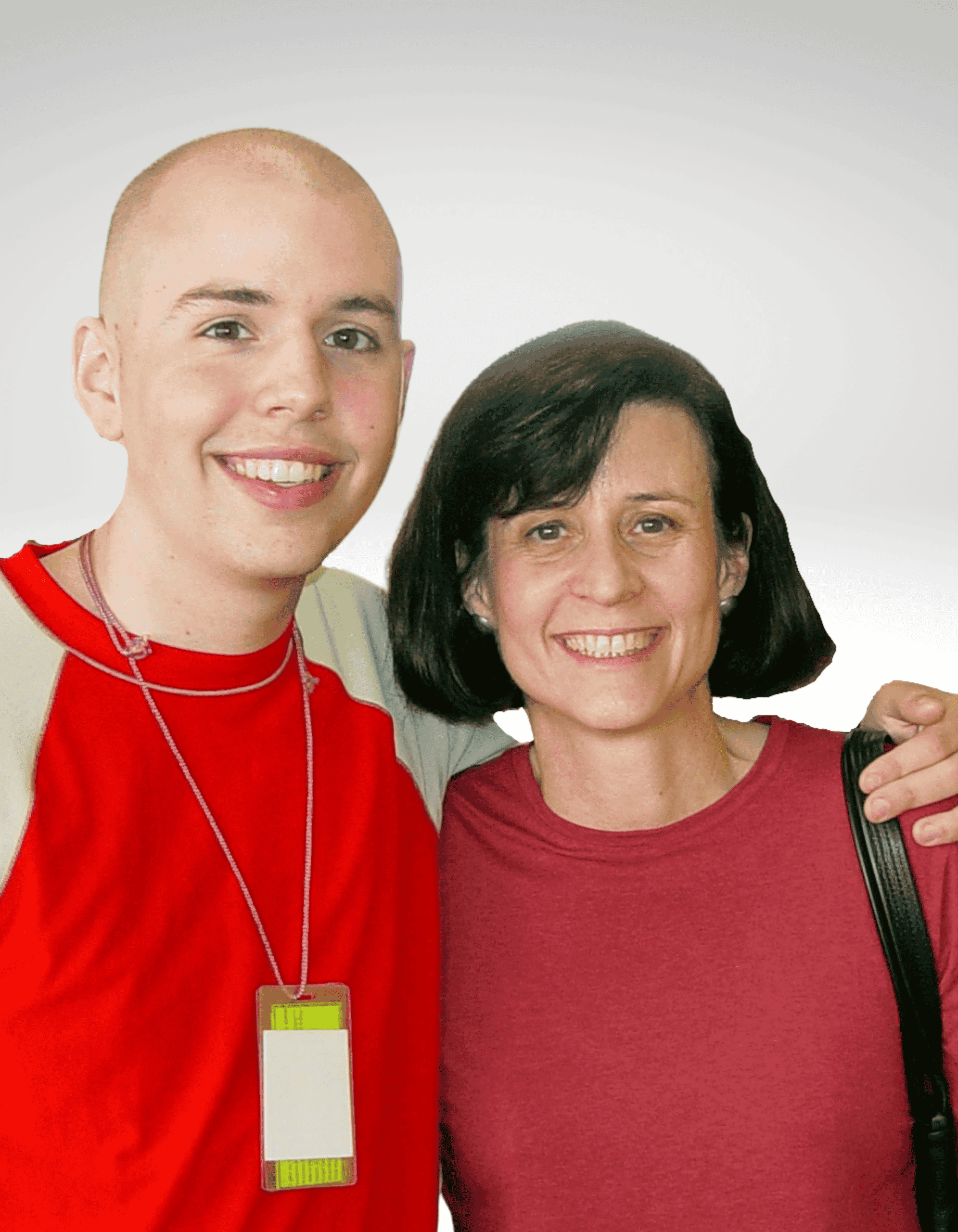
with his mother, Lisa Tichenor
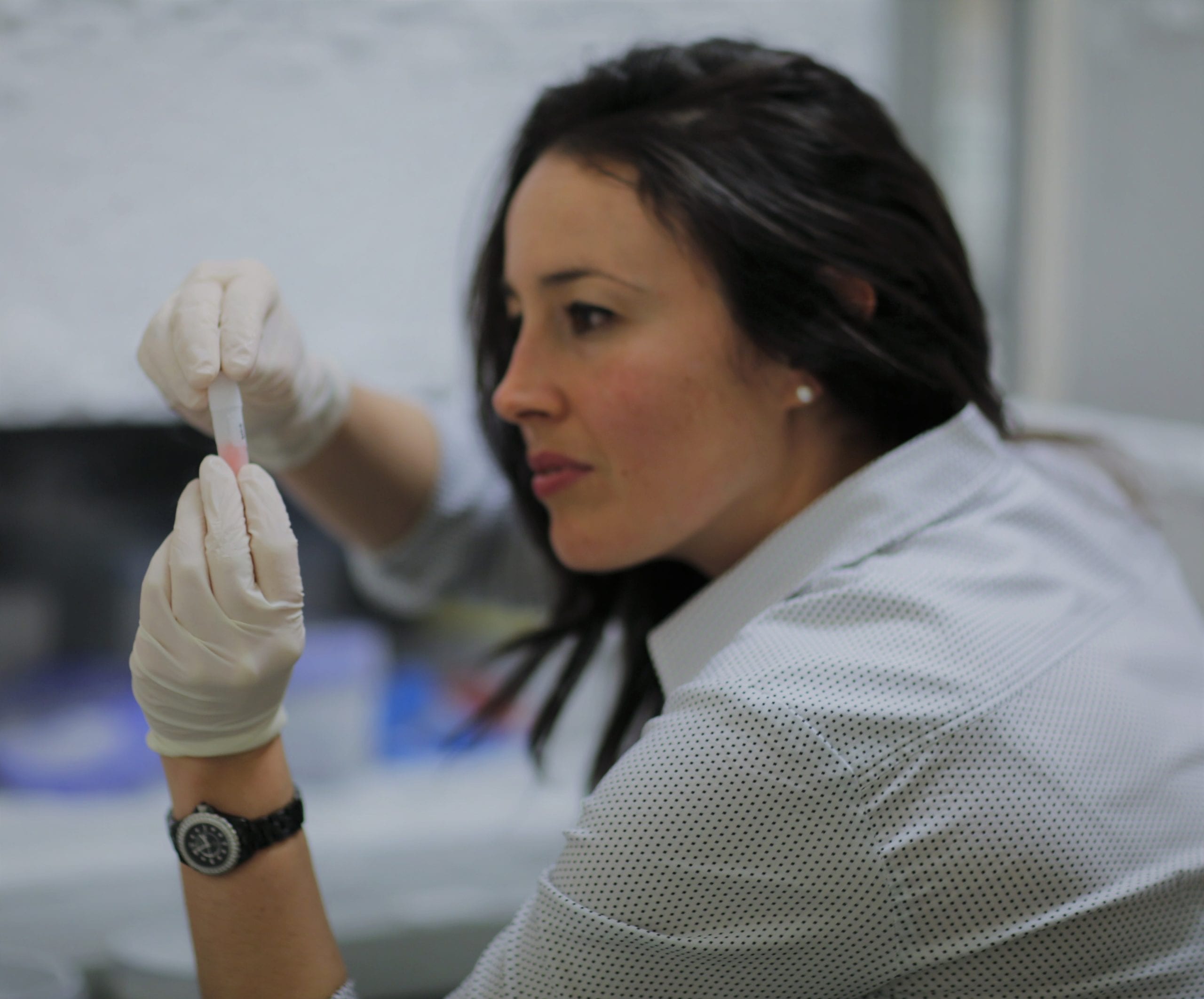
Cigall Kadoch, PhD, Osteosarcoma Researcher
A New Roadmap
The result of these efforts was a new roadmap that would:
Establish a coherent osteosarcoma research and development agenda and develop the mechanisms to execute on that agenda
Further elucidate the “omics” hallmarks and basic biology of osteosarcoma, and specifically its metastasis, with an eye toward translating discoveries into drugs that improve the survival of patients
Increase the number of academic and commercial enterprises researching osteosarcoma
Our Goals
Remove Obstacles
Remove obstacles to identifying a cure by pre-funding pre-clinical studies and revolutionary fast readout trials of unexplored aspects of osteosarcoma
Fund Advancements
Fund clinical trials, translational grants, and osteosarcoma science to identify new treatment options for osteosarcoma patients for whom the first line of therapy has failed
Accelerate Progress
Work collaboratively with academic, medical, pharmaceutical, and philanthropic communities to develop the scientific landscape around osteosarcoma to accelerate progress
Raise Awareness
Raise awareness and galvanize advocacy of osteosarcoma in communities across the United States
Lee J. Helman, MD, OSI Director
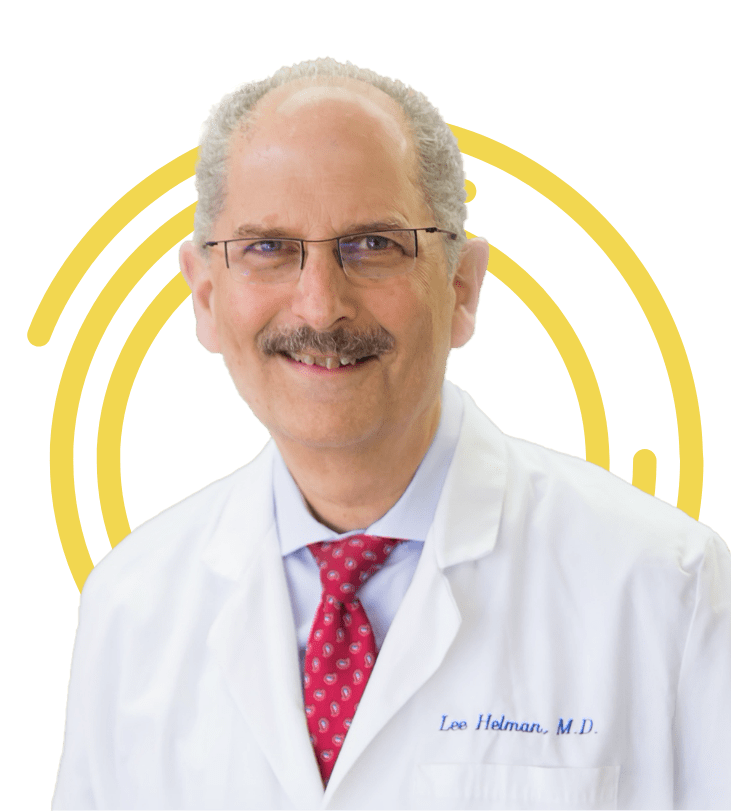
Mission & Strategy
Our Strategy
Globally estimated, there are over 26,000 new cases of osteosarcoma diagnosed each year, with 1,000 being diagnosed in the United States, but treatment options haven’t advanced in 40 years. To find a cure for osteosarcoma, we have to collaborate, innovate, and translate around the most promising science.
Our Mission
The mission of the Osteosarcoma Institute is to dramatically increase treatment options and survival rates in osteosarcoma patients through identifying and funding the most promising and breakthrough osteosarcoma clinical trials and science.
Our Team
Leadership
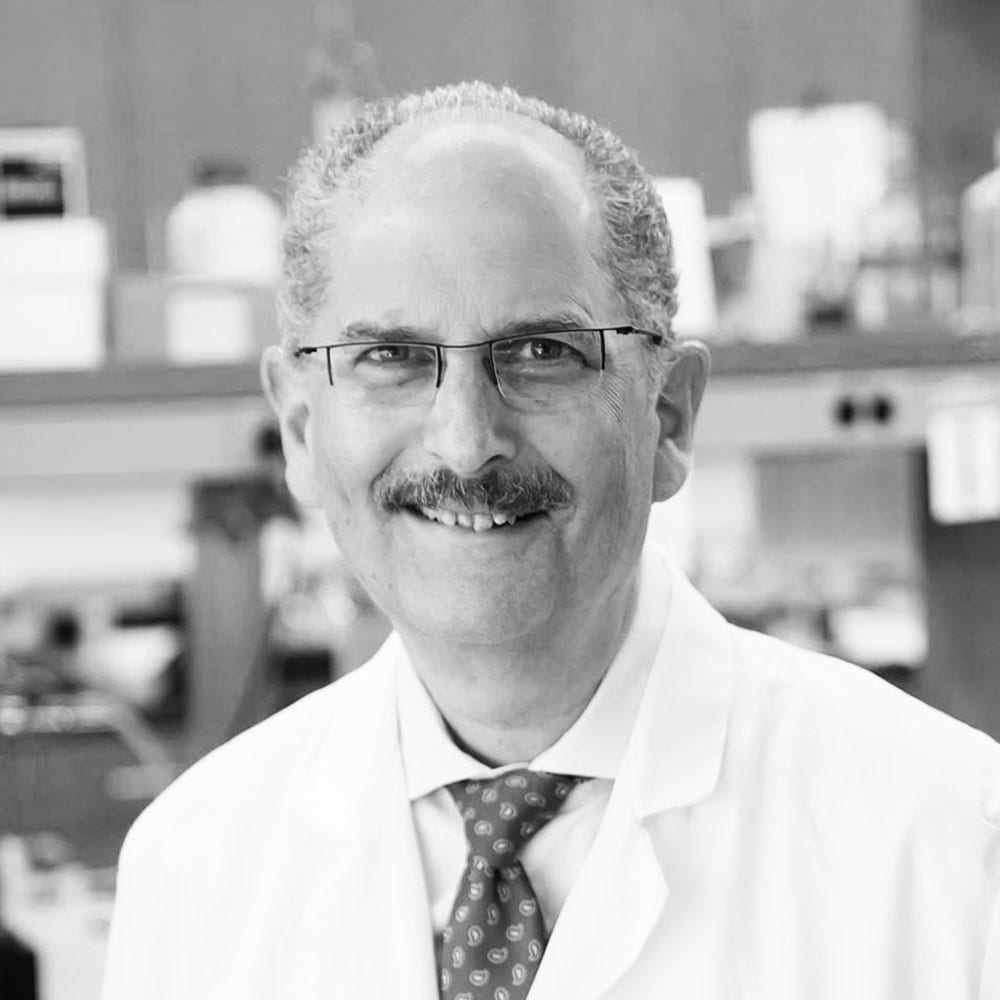
Lee J. Helman, MD
Director
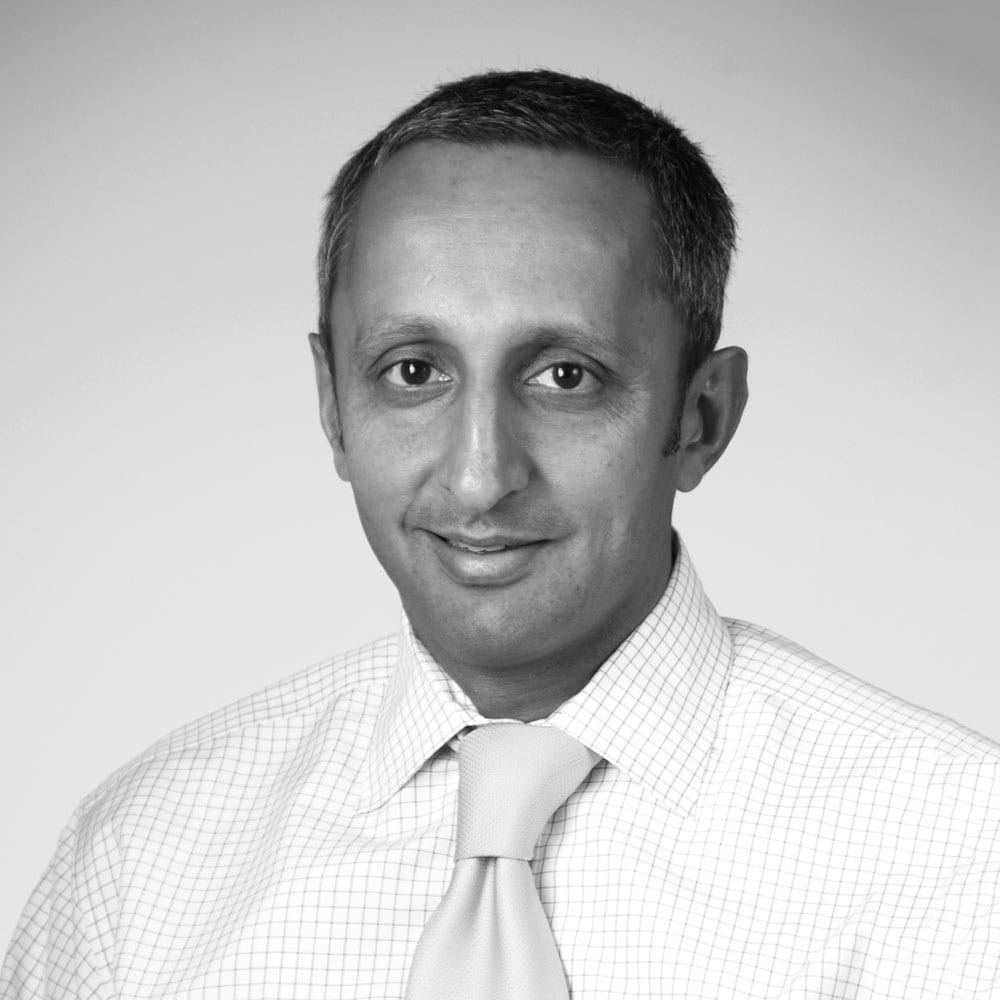
Chand Khanna, DVM, PhD
Strategic Advisory Board Chair
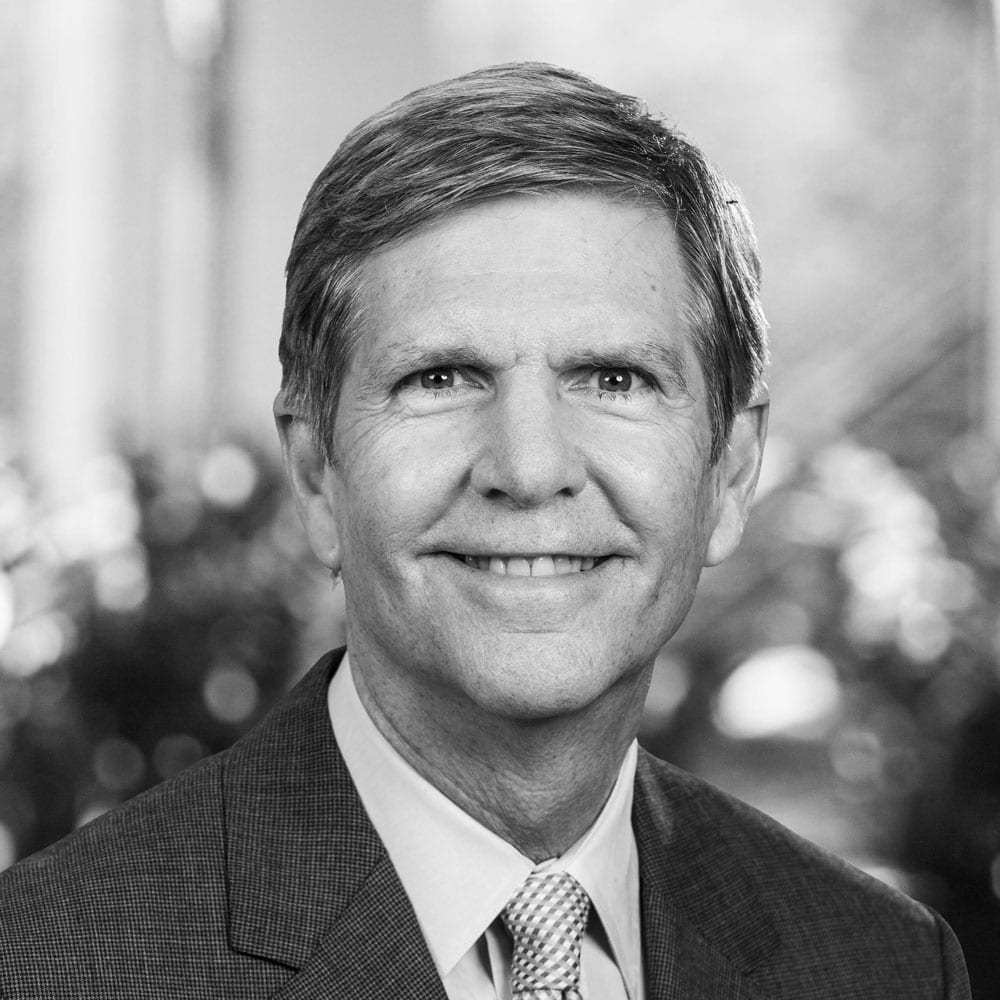
Mac Tichenor
President
Trustees
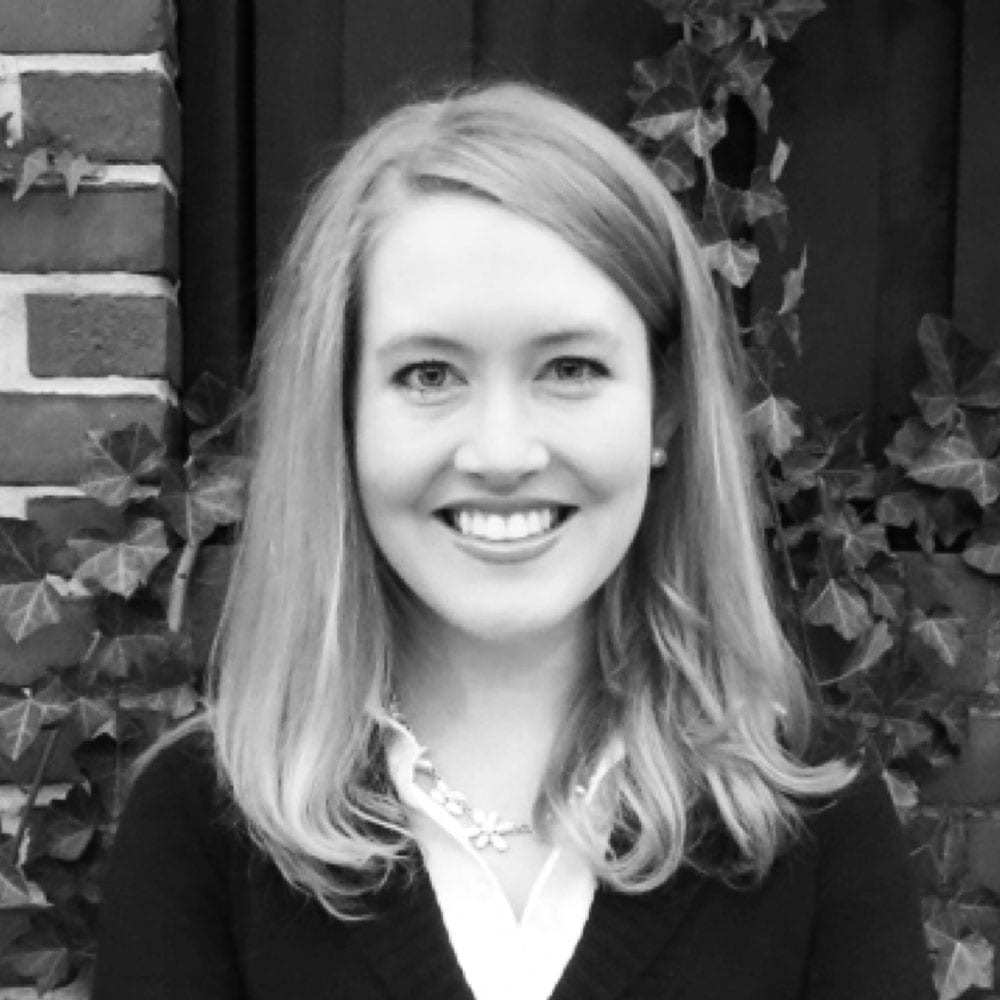
Mary Katherine Clarke

Michael G. Egge
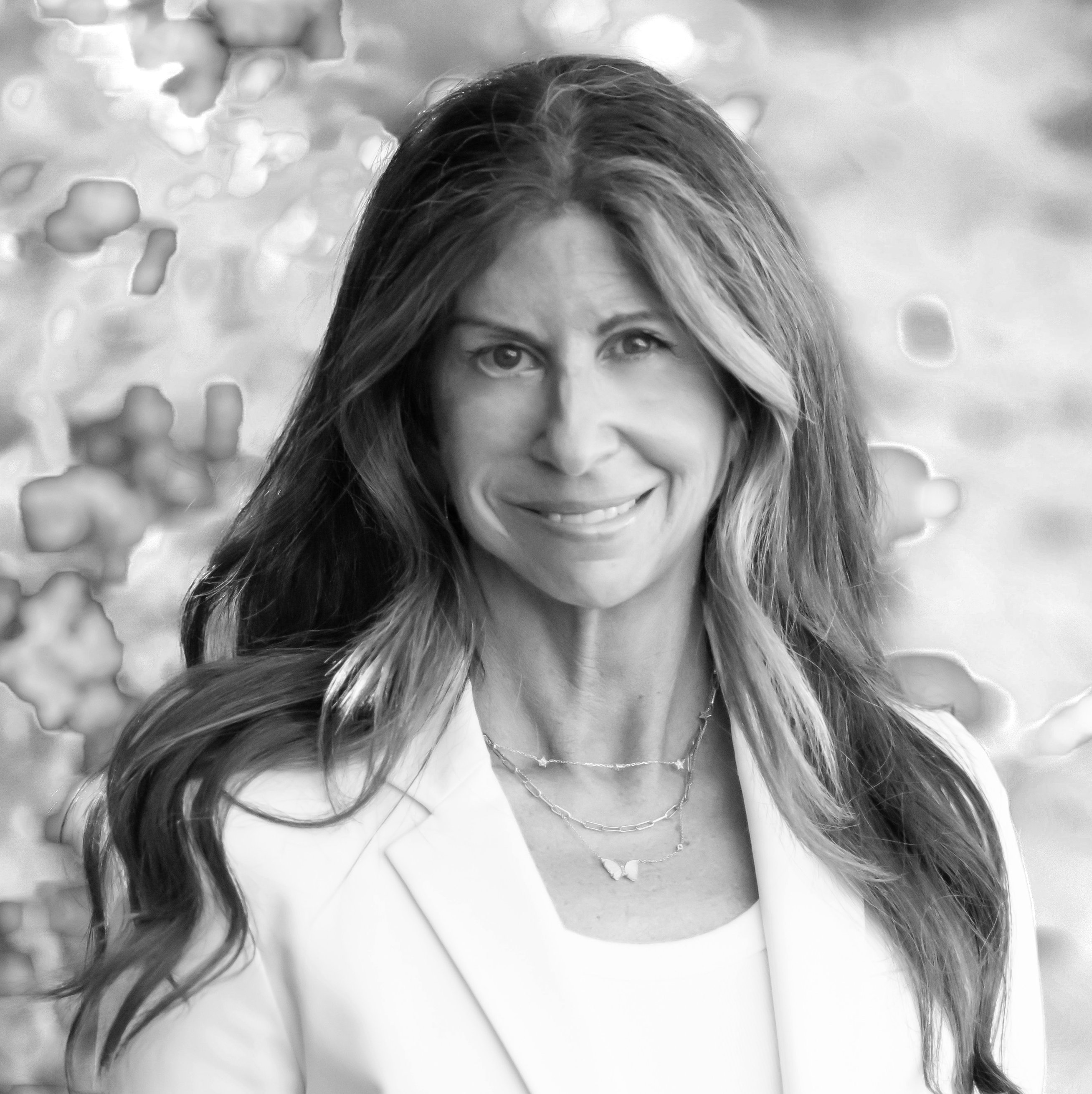
Alli Murdoff
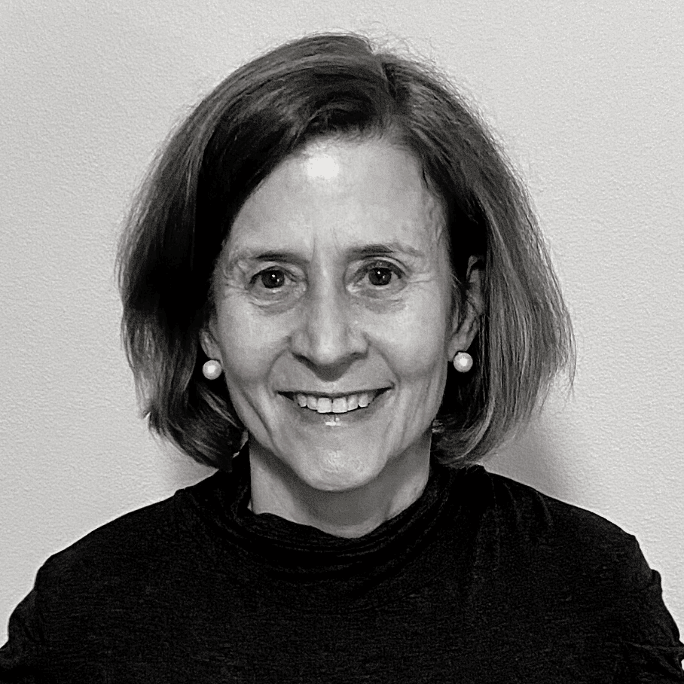
Lisa Tichenor
Senior Advisors
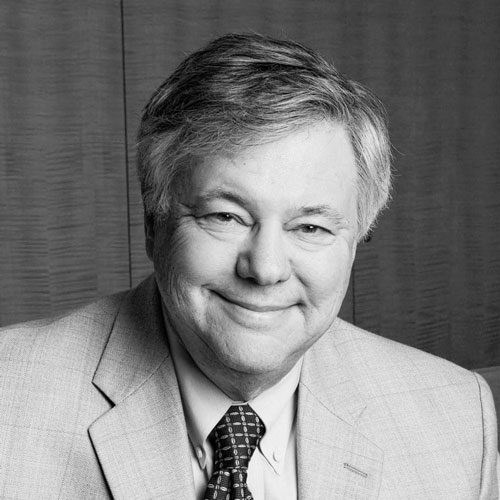
Michael Brown, MD

Robert Schreiber, PhD
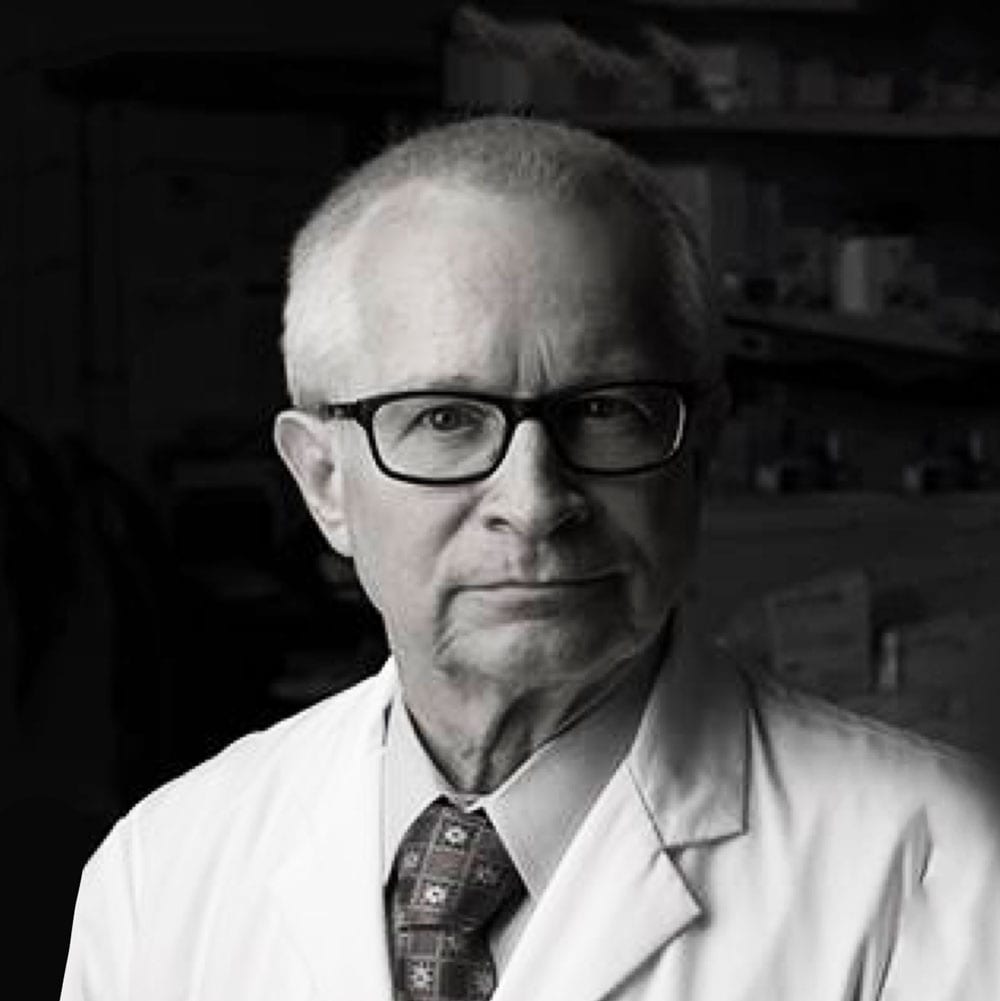
Daniel D. Von Hoff, MD, FACP
Strategic Advisory Board
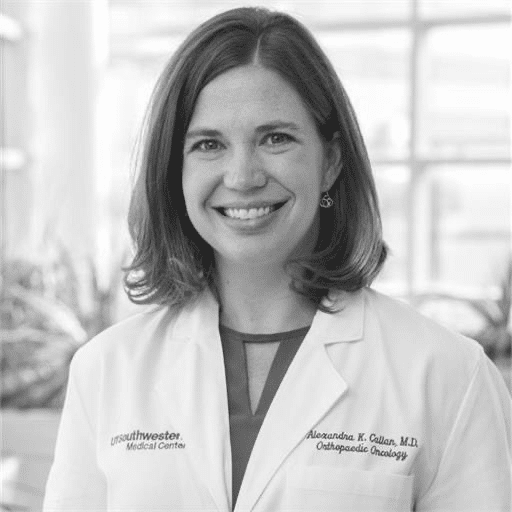
Alexandra Callan, MD
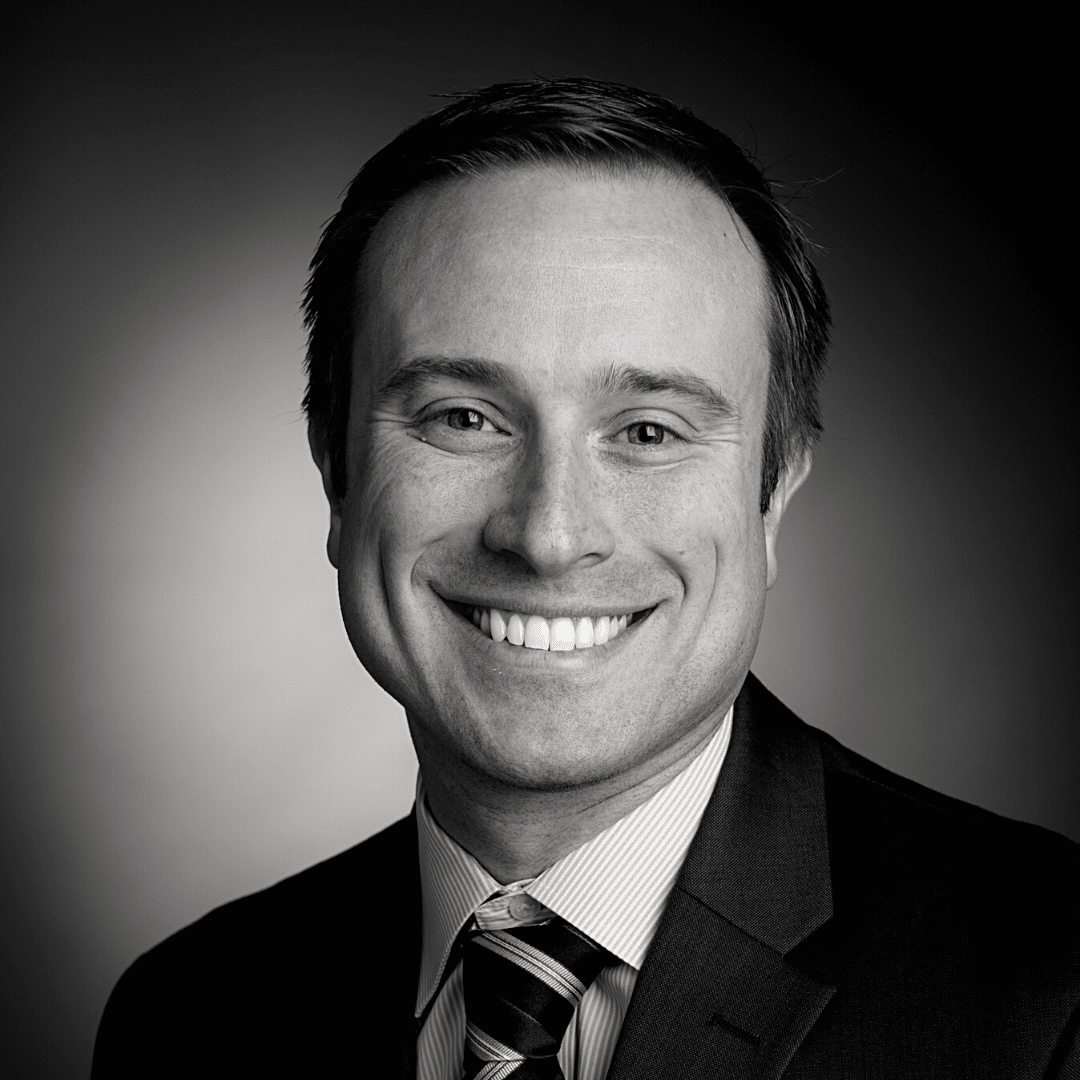
Brian Crompton, MD
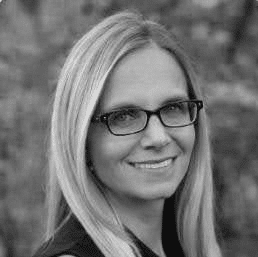
Christina Curtis, PhD, MSc
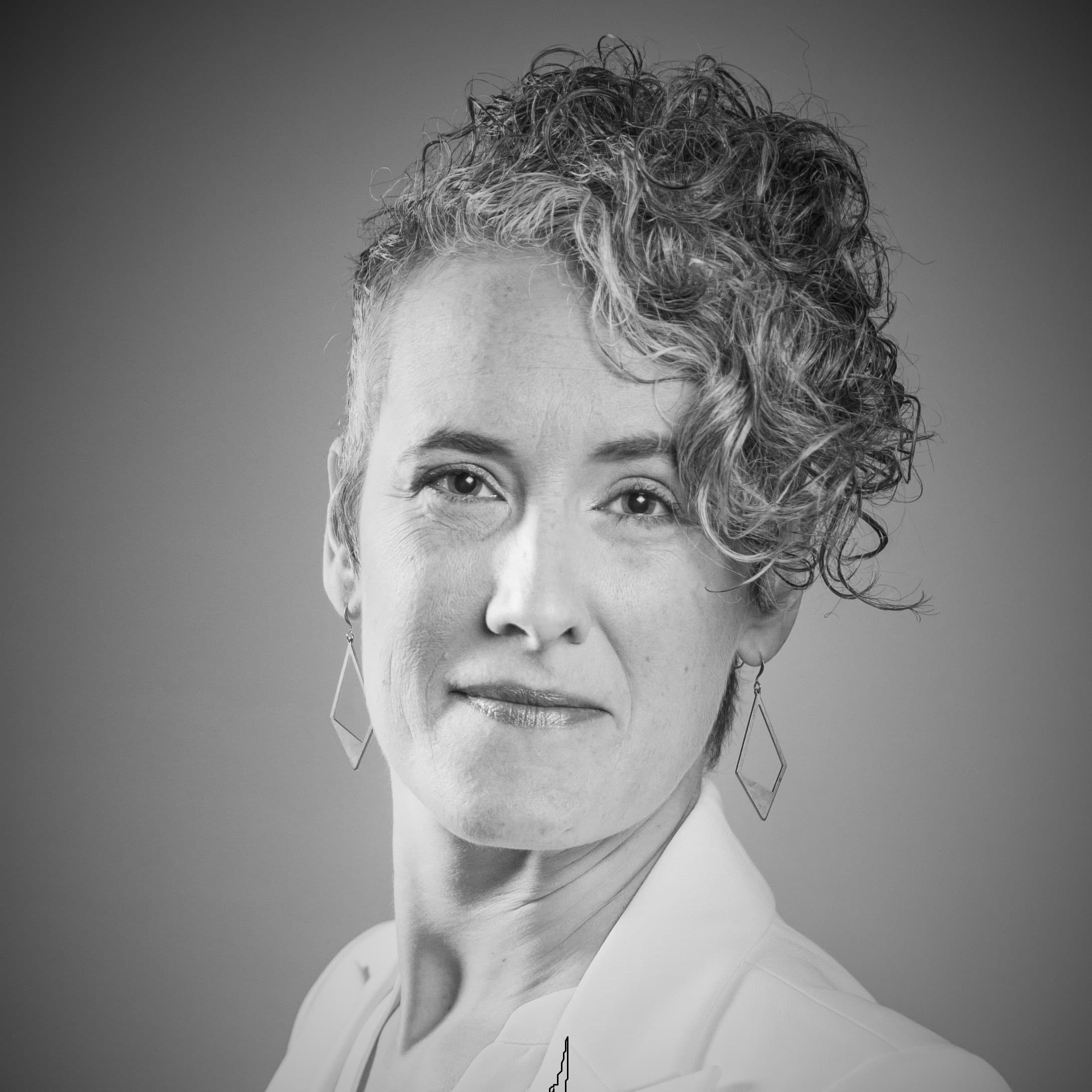
Lara Davis, MD
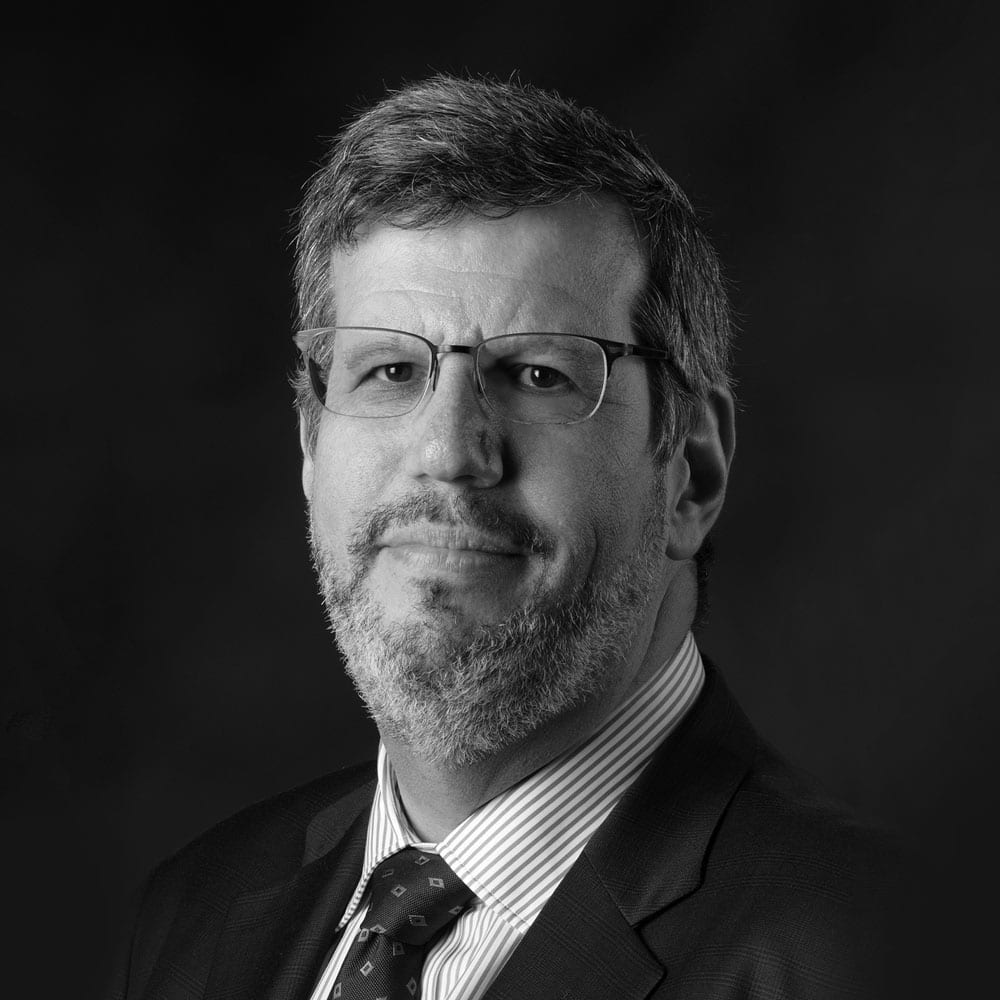
Richard Gorlick, MD
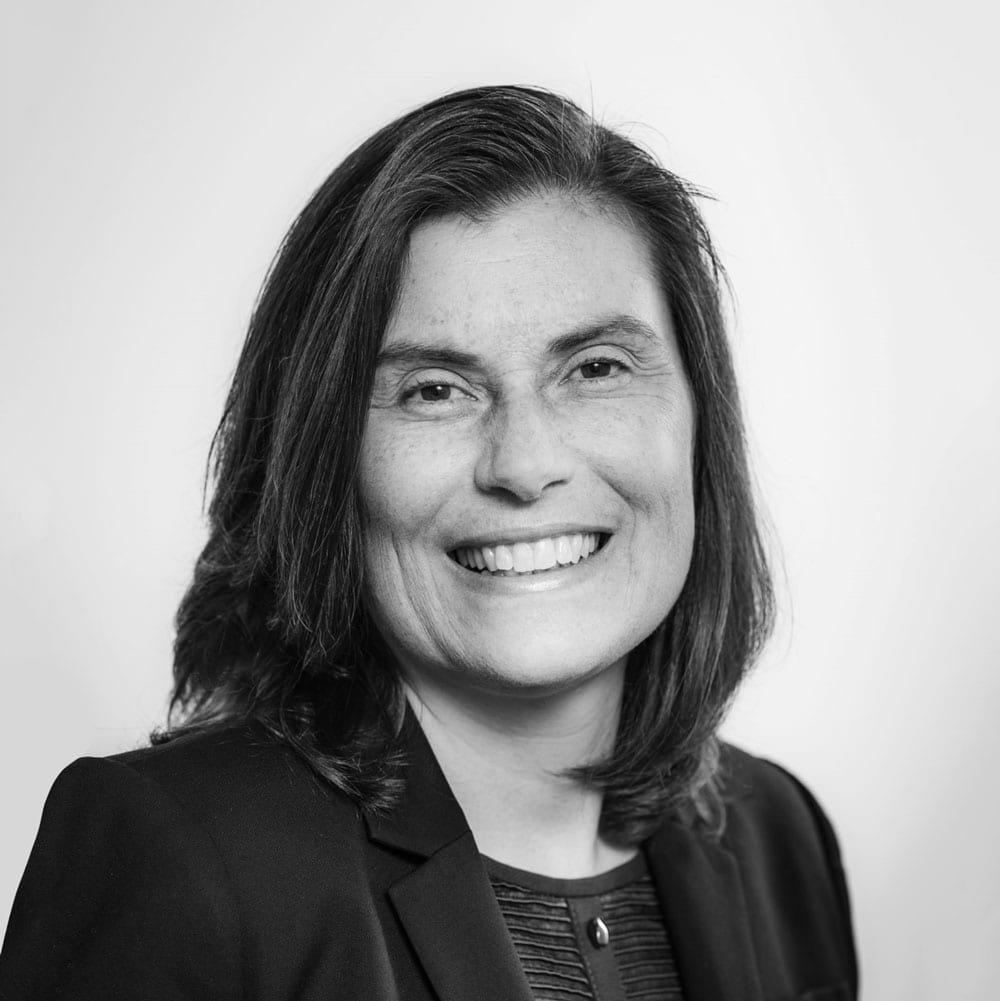
Katherine Janeway, MD, MMSc
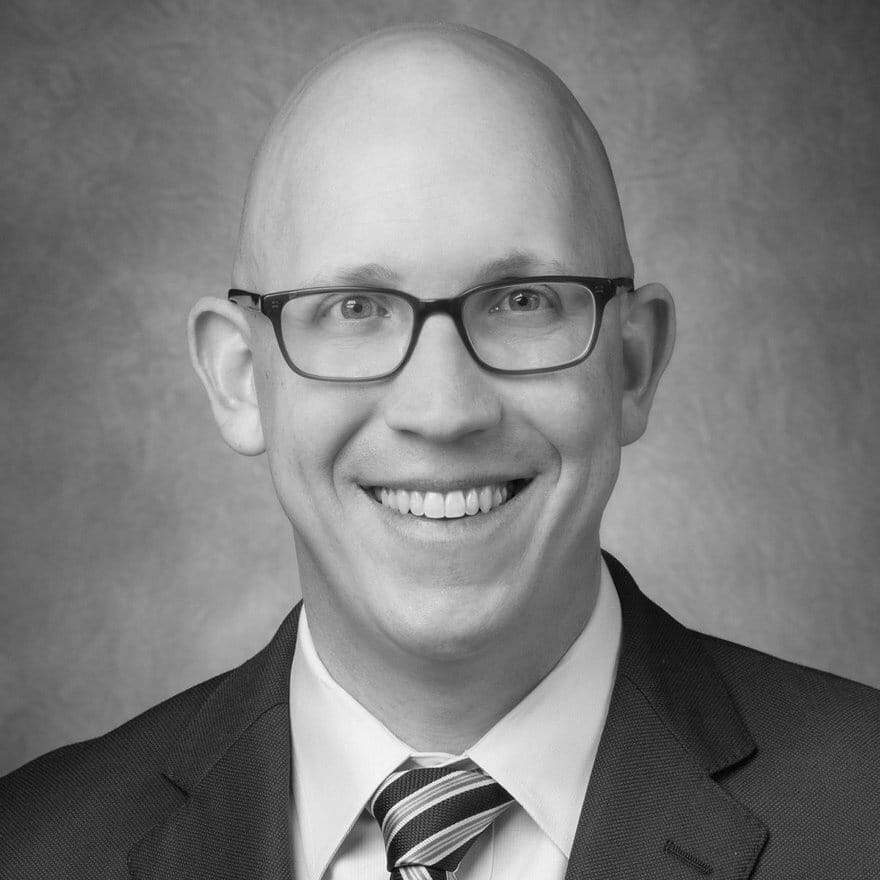
Andy Livingston, MD MS
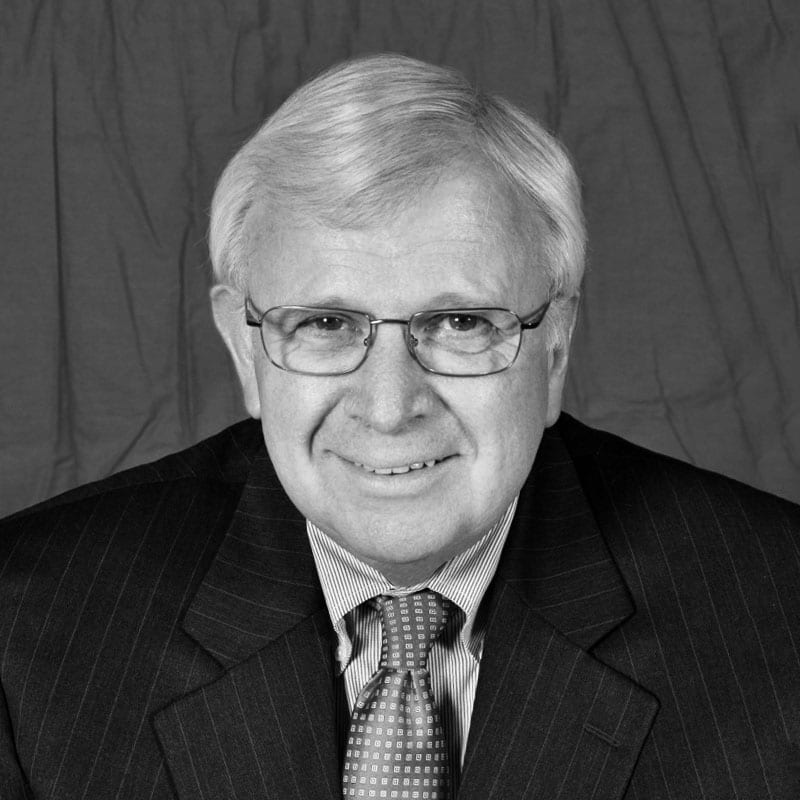
Robert G. Mennel, MD
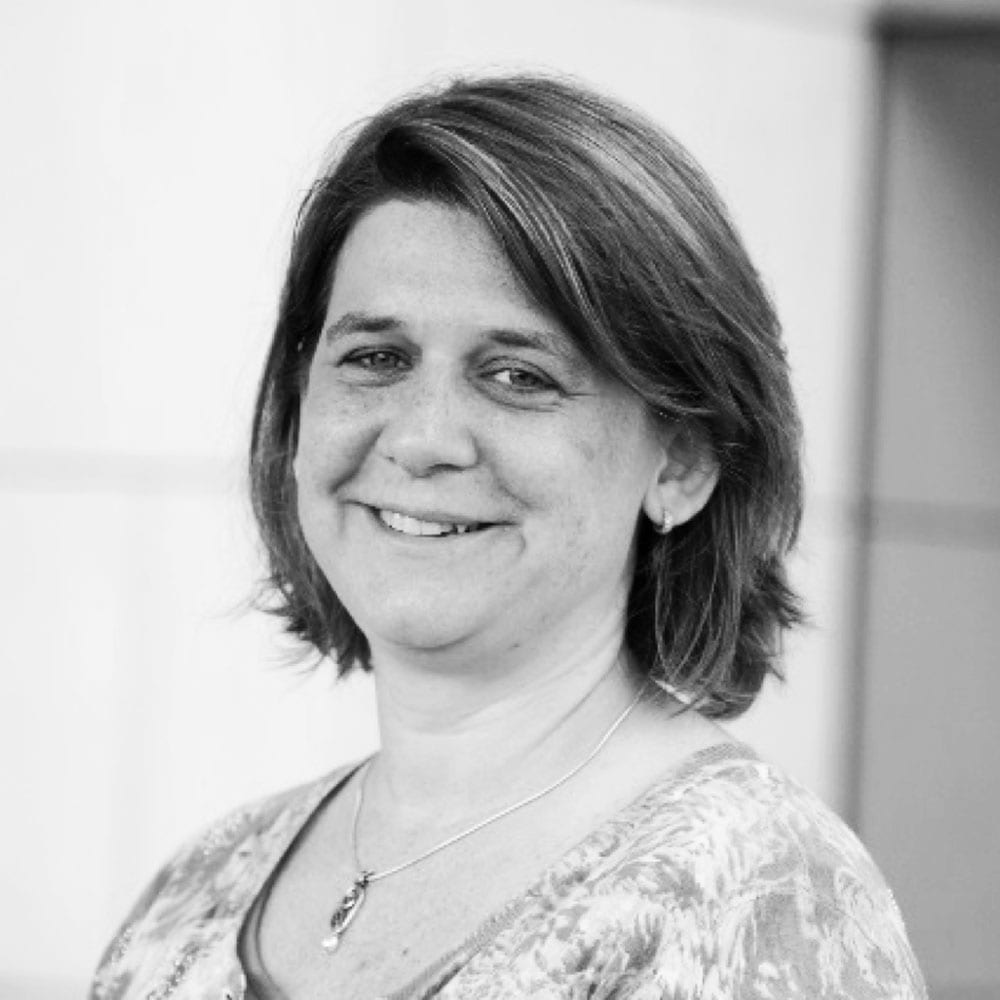
Melinda Merchant MD, PhD
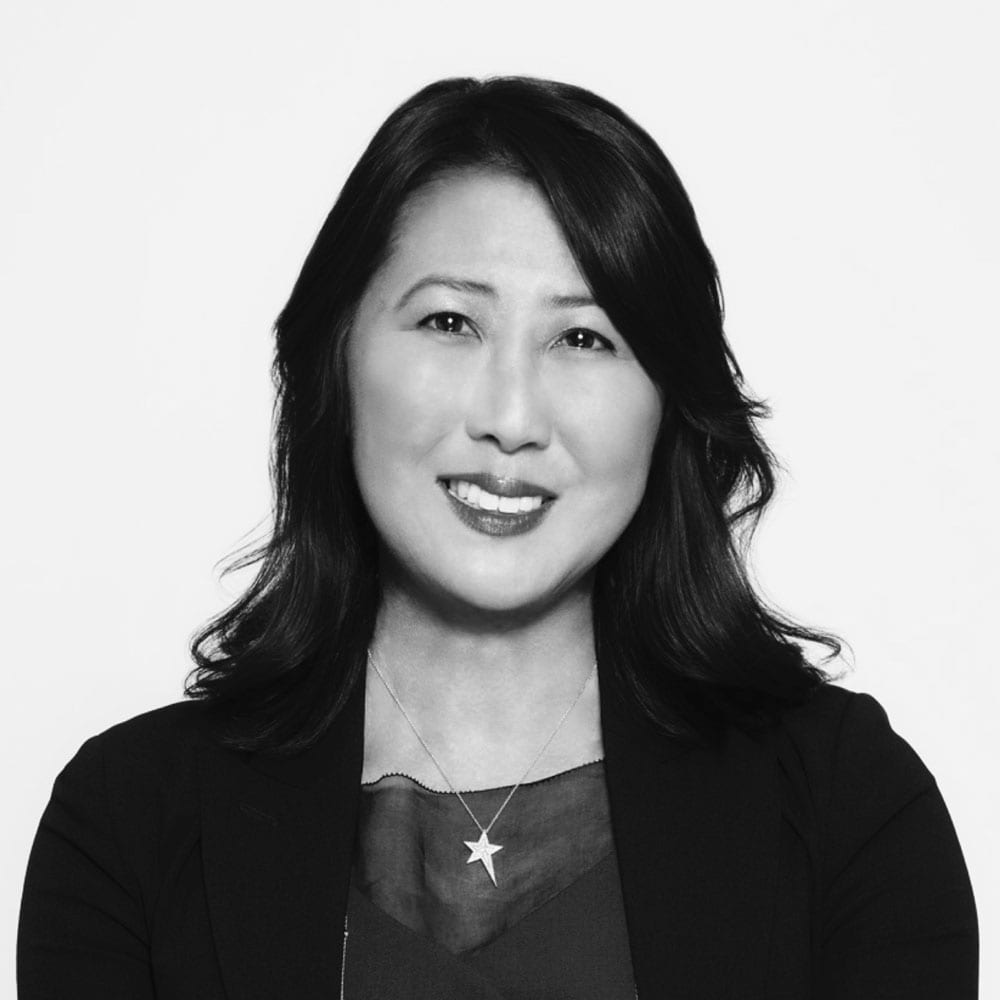
Sung Poblete, PhD, RN
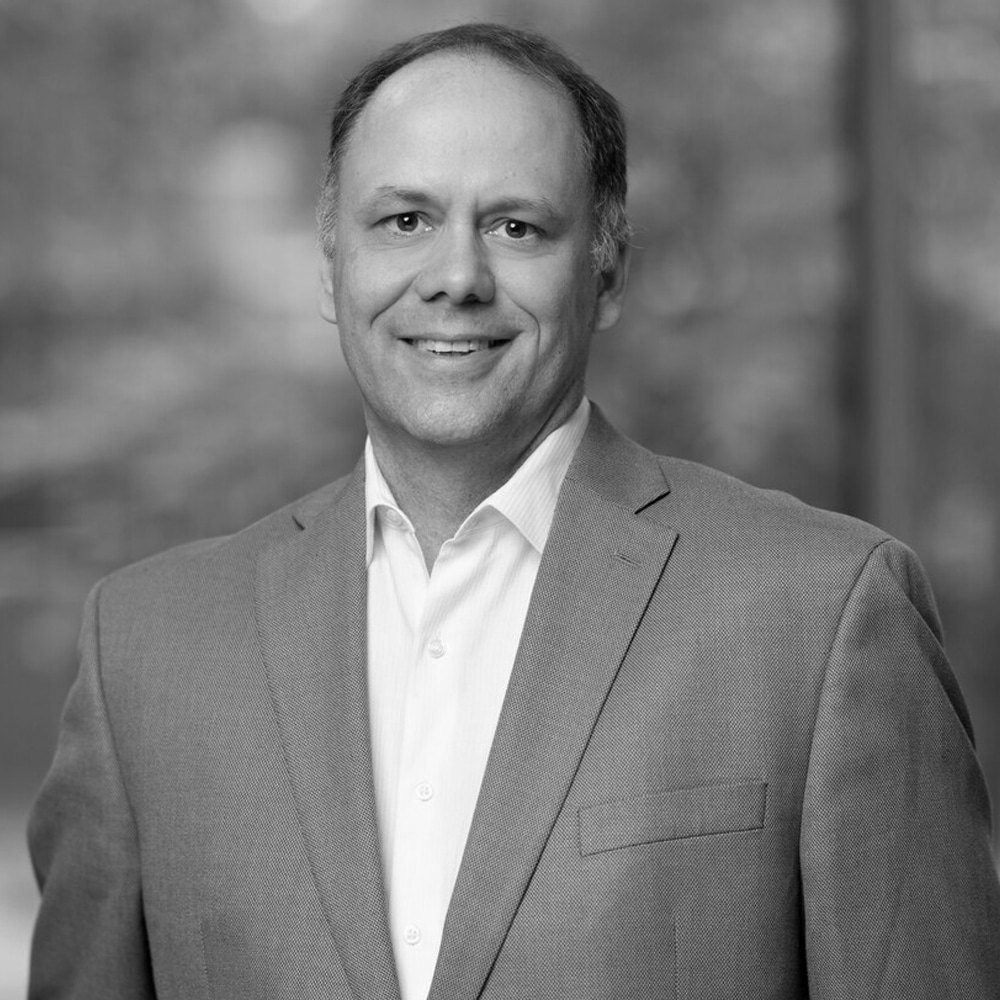
Damon Reed, MD
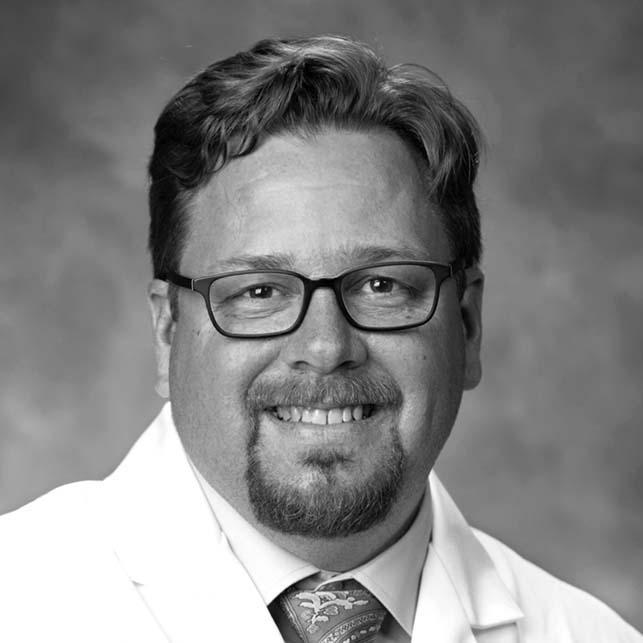
Ryan Roberts, MD, PhD
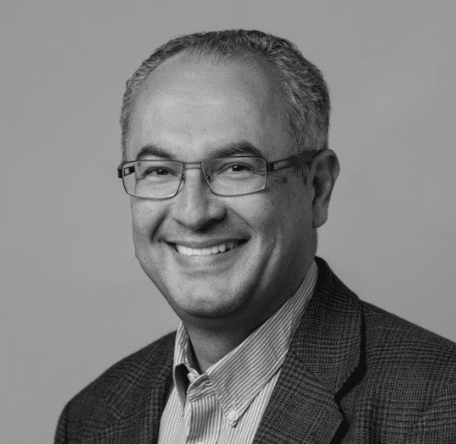
Alejandro Sweet-Cordero, MD
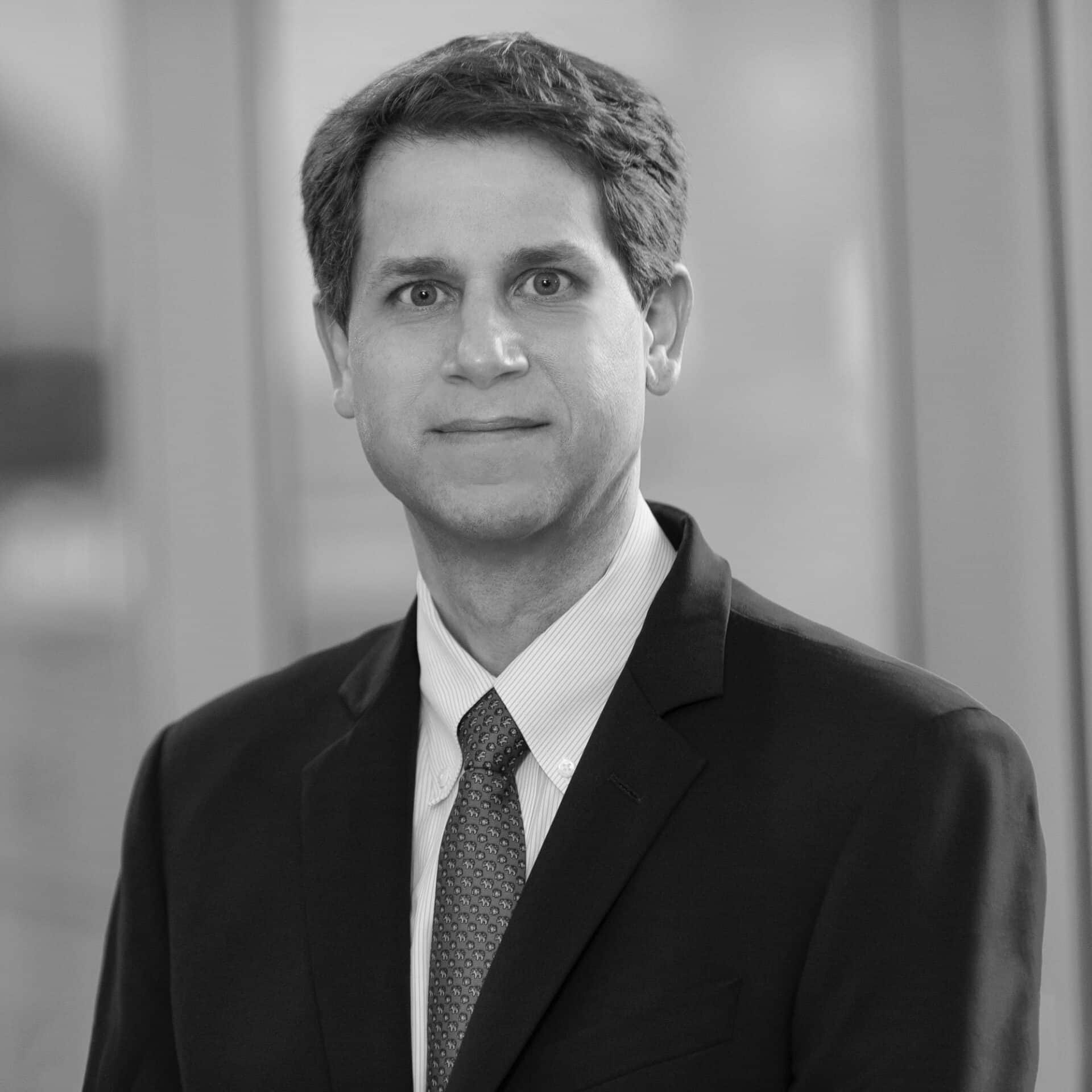
Bill Tap, MD
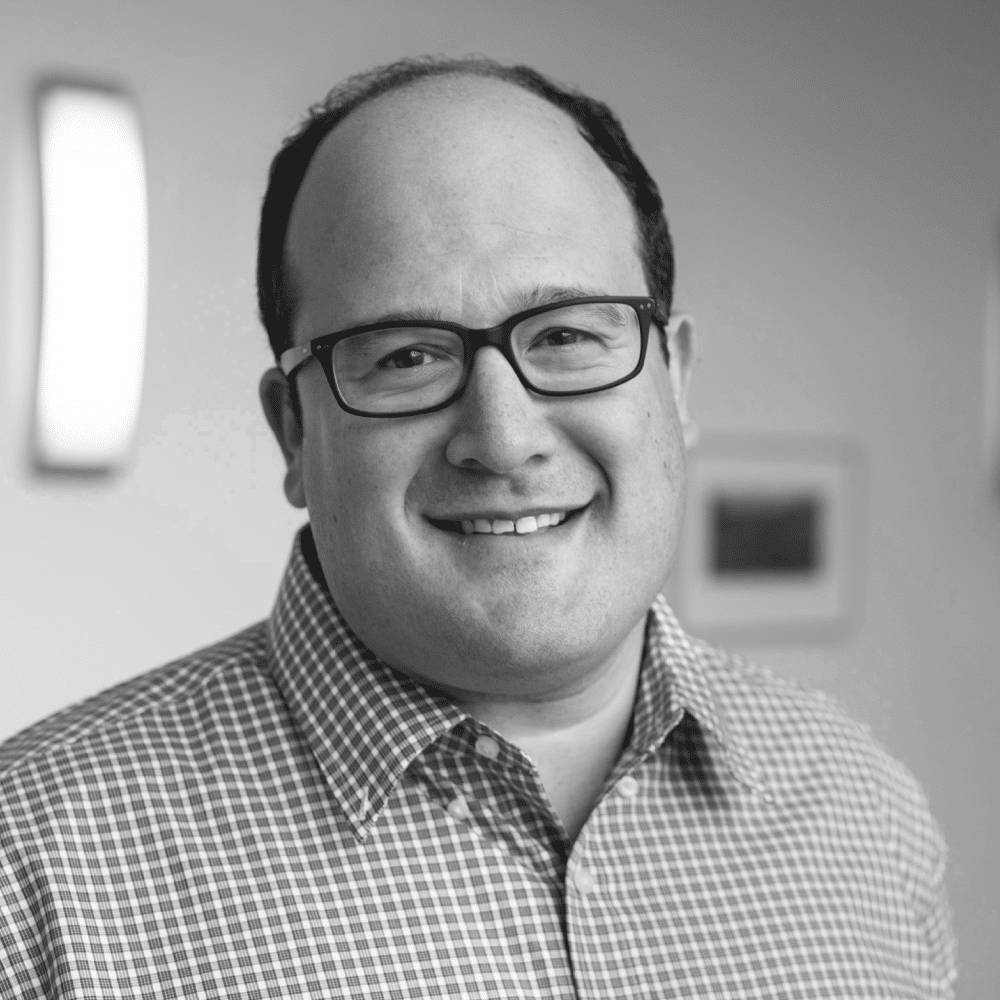
Robbie Majzner, MD
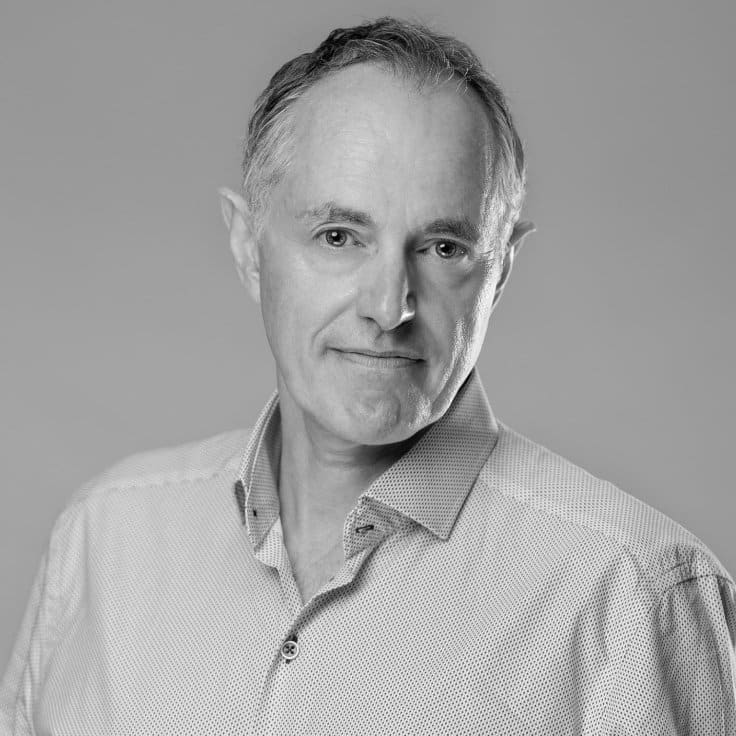
Poul Sorensen, MD, PhD
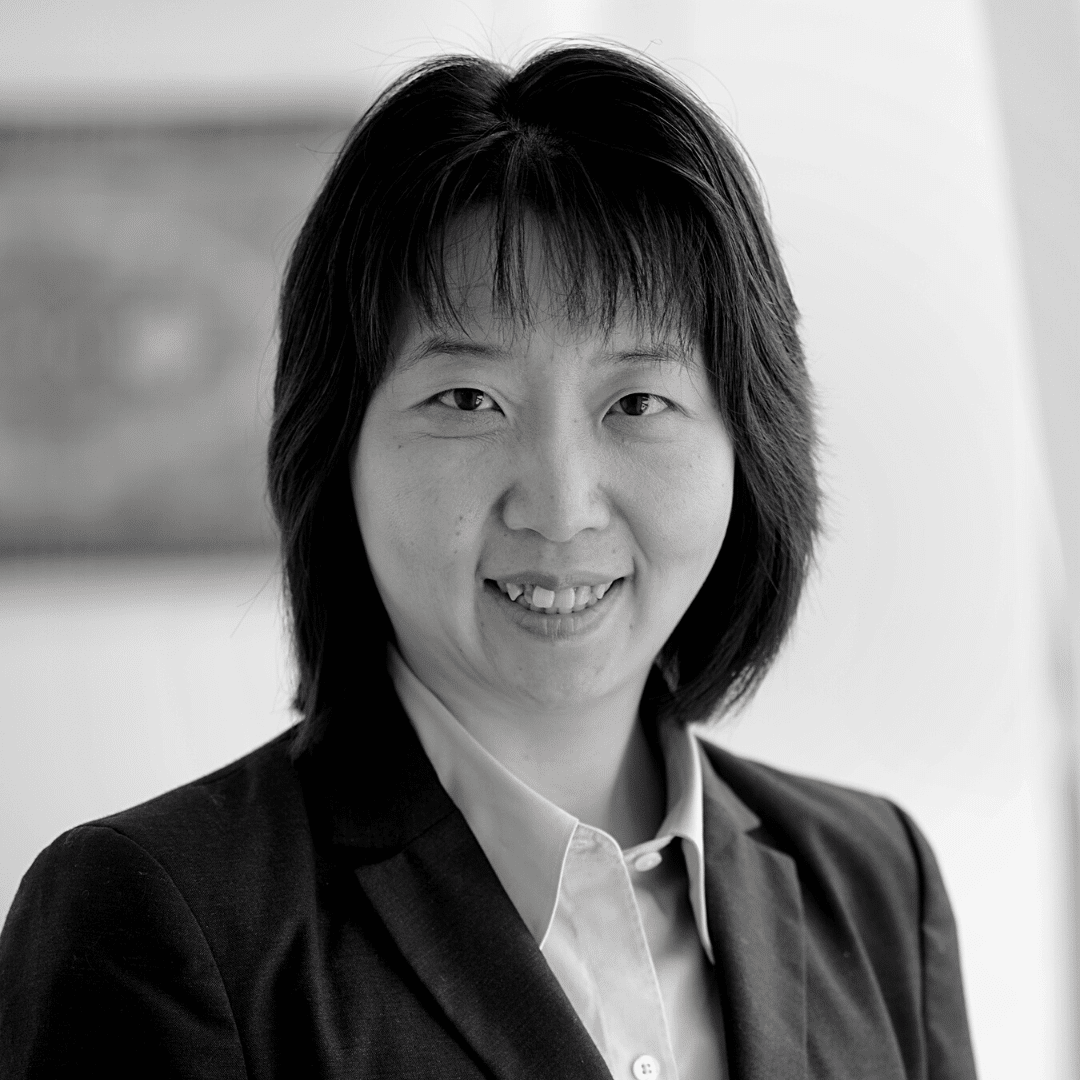
Yang Xie, PhD
Staff
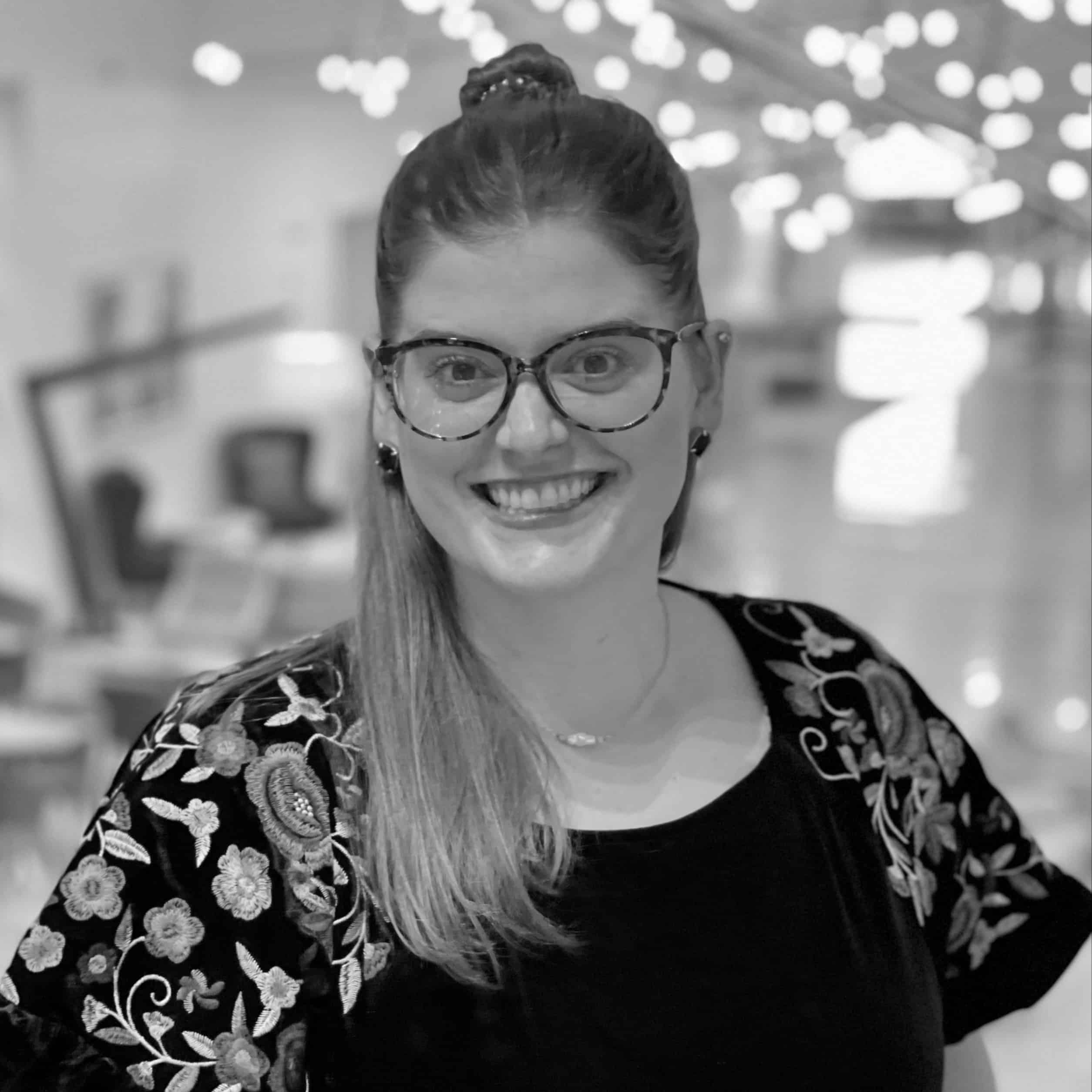
Chelsey Blanks
Director of Operations
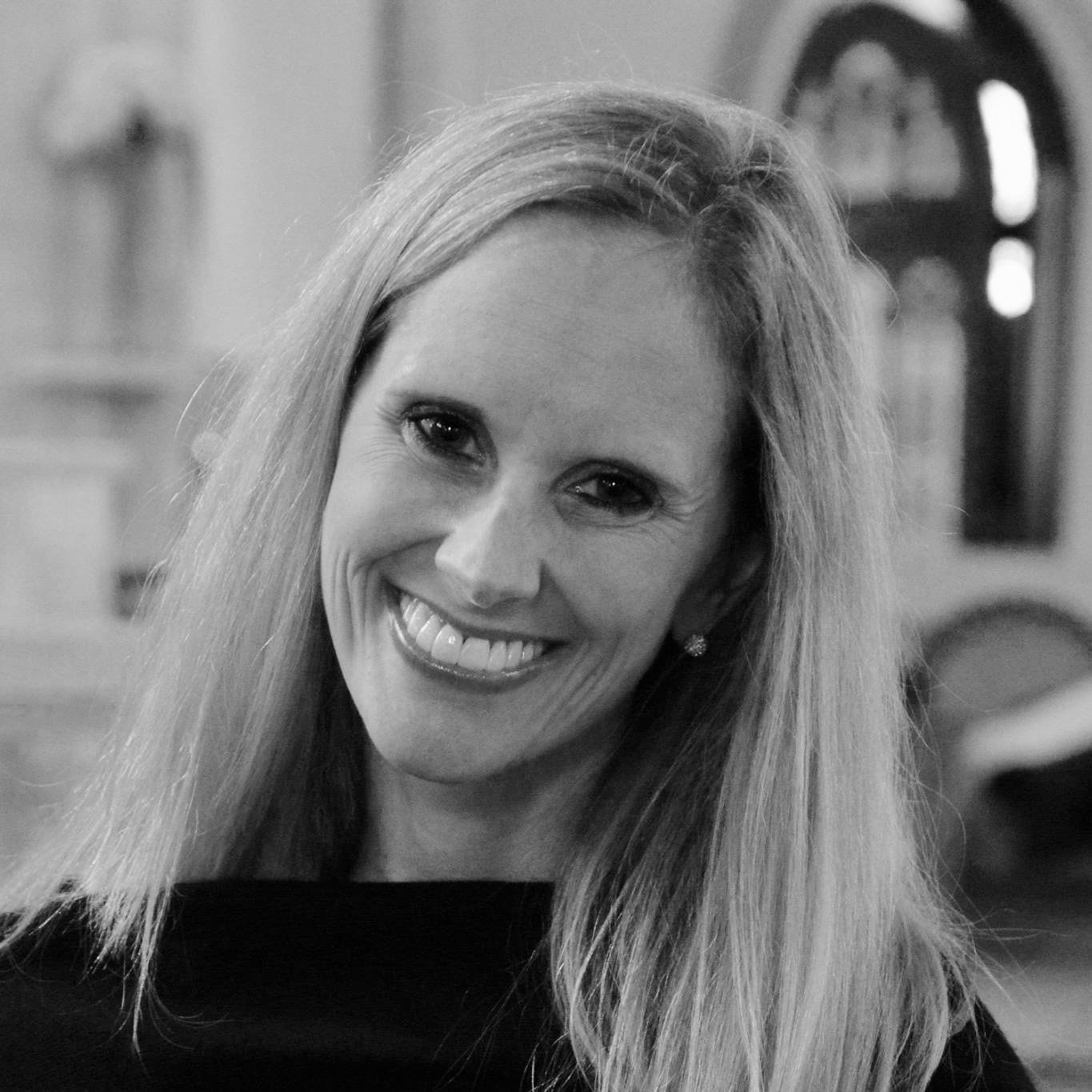
Amy Lobner, MPH, CCRC
Director of Scientific Programs
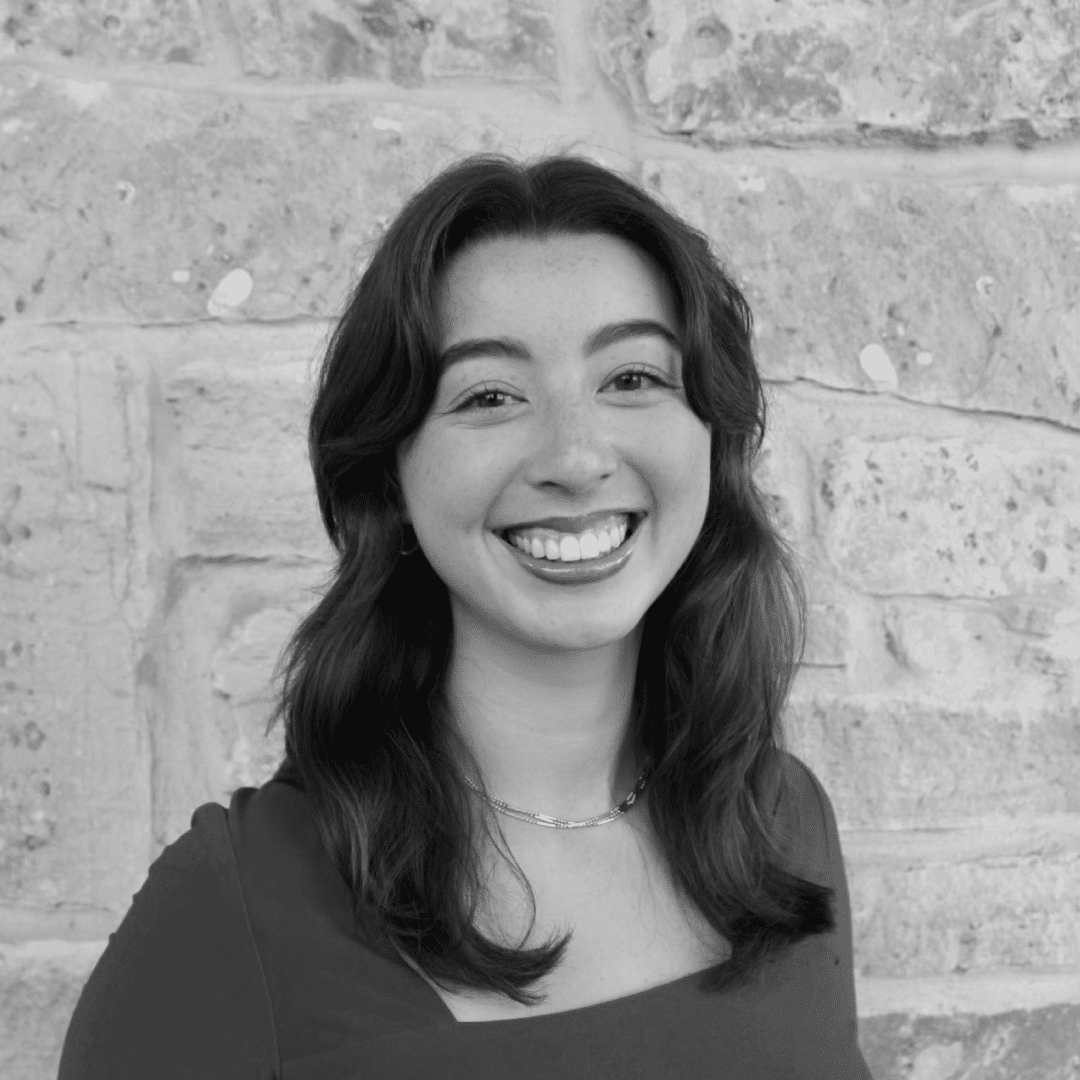
Rachel Mau
Events & Scientific Programs Coordinator
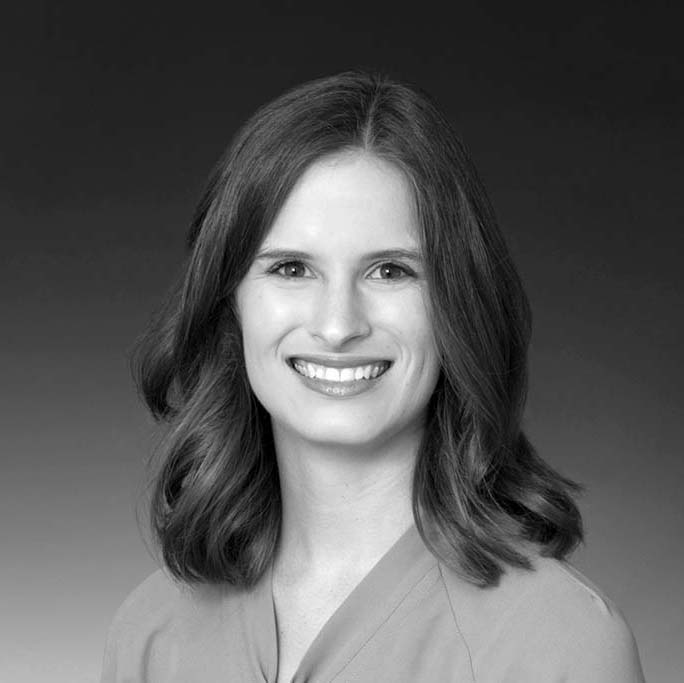
Vanessa (Peterson) Montemayor
Director of Development
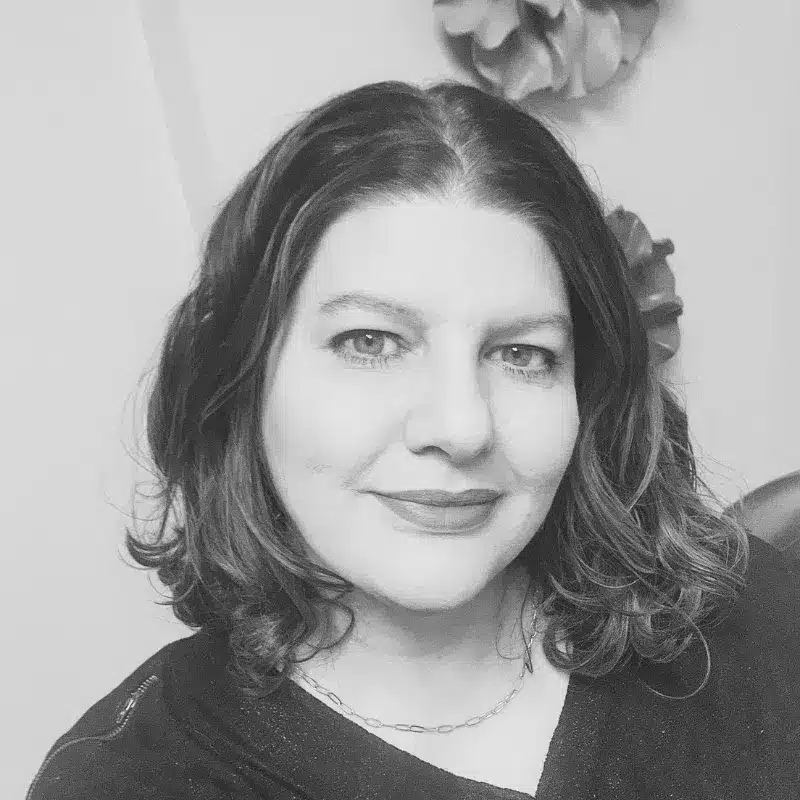
Sarah Morale
Grants Specialist
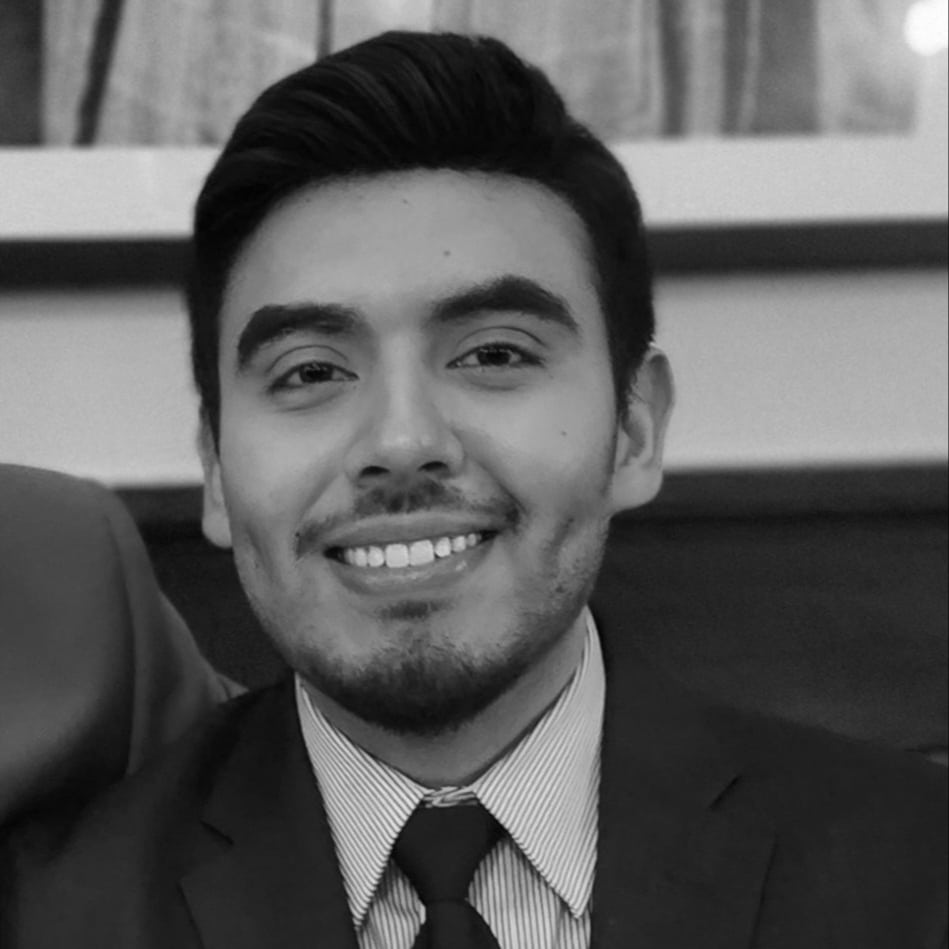
Robert Sanchez
Operations and Development Assistant
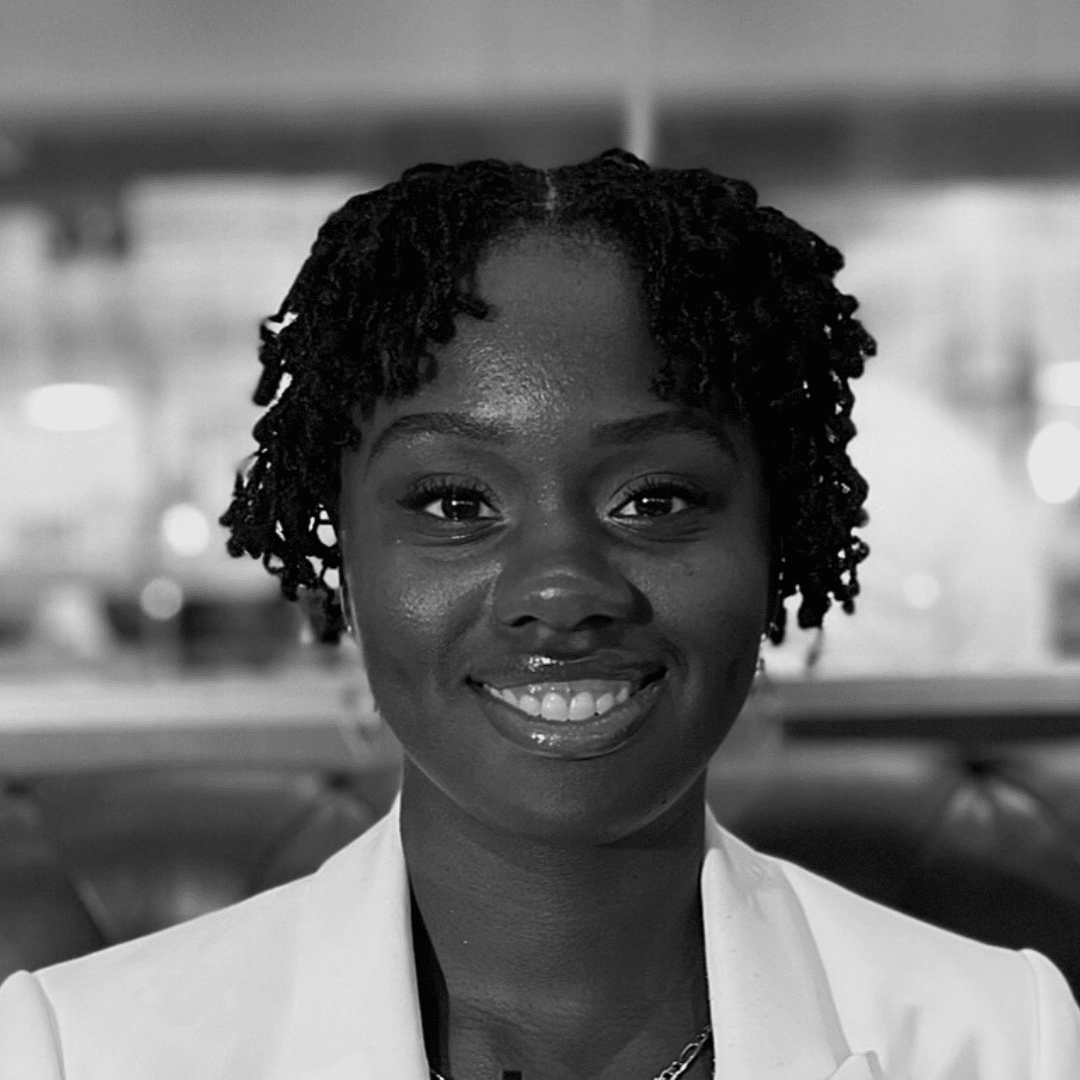
Mashale Straker
Finance and Accounting Manager
Sarah Morale
Grants Specialist
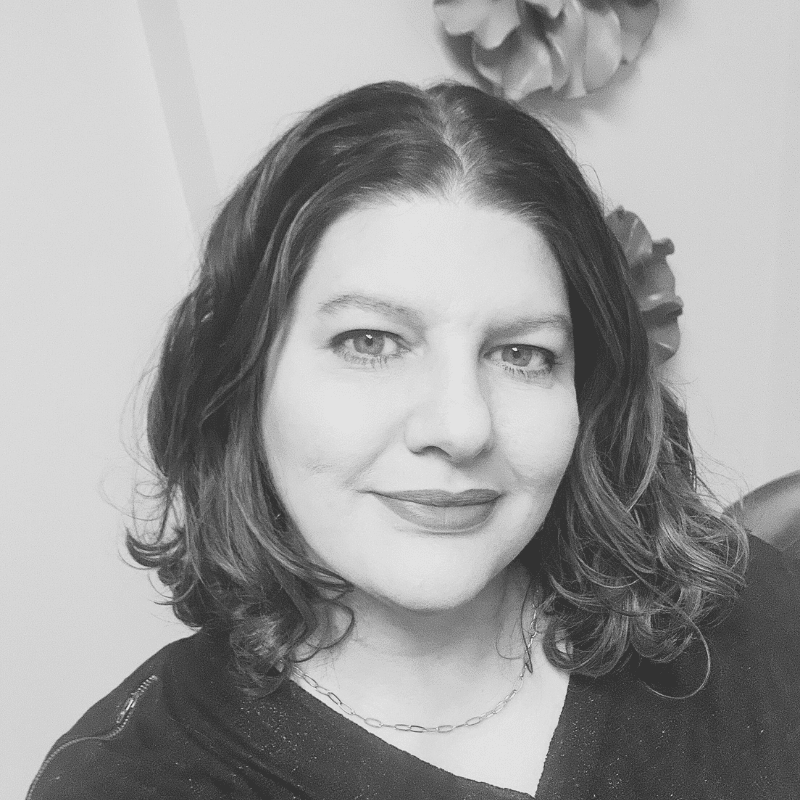
Professional Affiliation
Sarah serves as the Grants Specialist at the Osteosarcoma Institute. She currently supports the organization by building and managing relationships and soliciting financial support from foundations and corporations for osteosarcoma research. She has extensive experience in the nonprofit and medical research sector ranging from direct patient testing, data management, clinical trial research, grant management, and other development efforts. Sarah received a Bachelor of Science in Psychology with honors from LeTourneau University and has co-authored over 35 peer-reviewed scientific publications. She has also authored and illustrated a therapeutic children’s book, which was published in 2024. In addition to her professional career, Sarah has two grown children and is a beekeeper in Hunt County, Texas managing over 25 beehives.
Why I’m Here
My journey to understanding osteosarcoma began through the discovery of the Osteosarcoma Institute. Inspired by their approach of aligning leading-edge scientific research with families and organizations committed to advocating for a cure, I began to research osteosarcoma and the OSI. I hope that my passion for improving the lives of children and families and my experience in various aspects of nonprofit administration and medical research will serve to emphasize the need for support as I pursue increased foundation and corporate grant support for osteosarcoma research.
Christina Curtis
PhD, MSc

Professional Affiliation
Alli Murdoff
Trustee, OSI
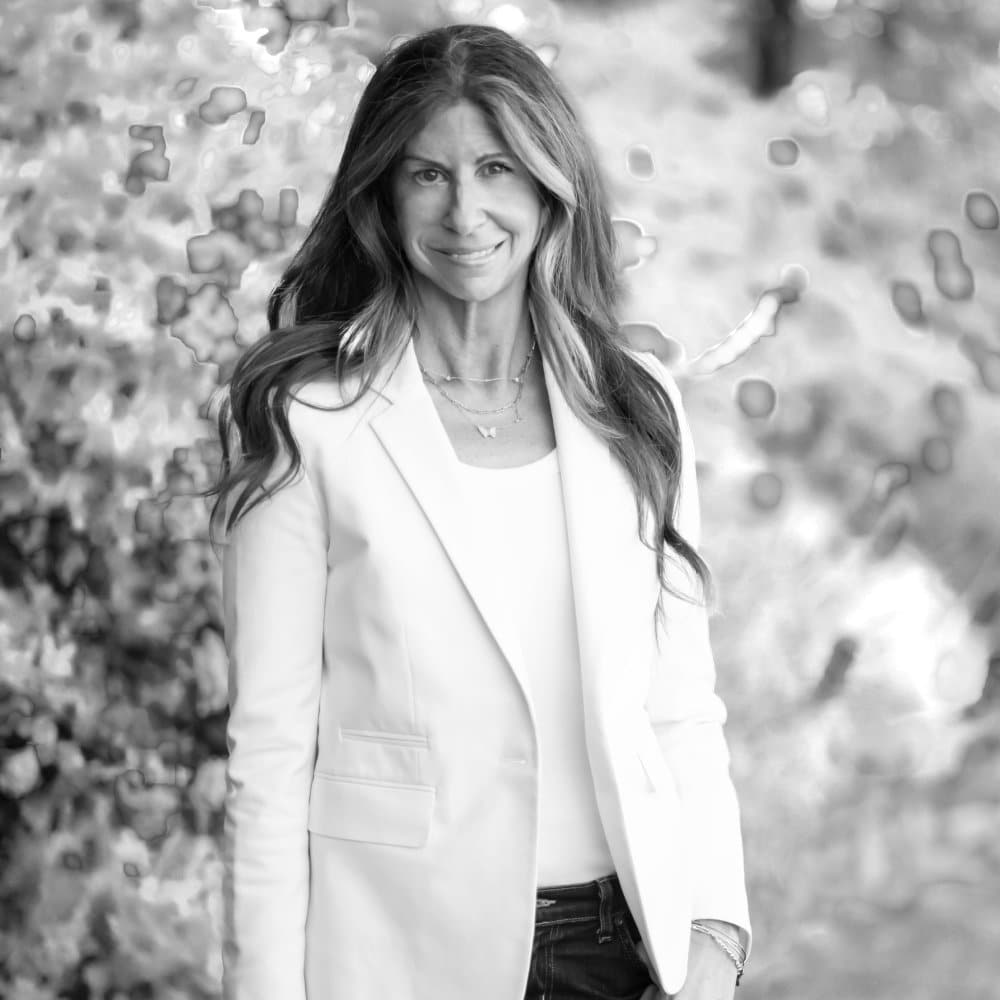
Professional Affiliation
Why I’m Here
I am the mother of three children, and my family is my greatest achievement. My daughter Charlotte was diagnosed with osteosarcoma in her right femur days before her 15th birthday. After a fearless battle, Charlotte passed away from osteosarcoma in 2021 during her senior year of high school. I am passionate about affecting real and impactful change in osteosarcoma, and I am honored to work with members of the OSI. I am inspired daily by the bravery, strength, and resilience of Charlotte and the many kids and families who are tragically affected by osteosarcoma.
Michael G. Egge
Trustee, OSI

Professional Affiliation
Why I’m Here
Lee J. Helman, MD
Director

Professional Affiliation
Dr. Lee Helman has been studying the biology and caring for pediatric patients with sarcomas for over thirty years. Dr. Helman completed his postdoctoral training at the National Cancer Institute (NCI). He then became Head of the Molecular Oncology Section, Pediatric Oncology Branch, NCI, in 1993. He served as Chief of the Pediatric Oncology Branch from 1997-2007 and served as Scientific Director for Clinical Research in the Center for Cancer Research, National Cancer Institute from 2007 to 2016. He joined Children’s Hospital Los Angeles (CHLA) and the University of Southern California (USC) in 2017 as the Section Head of Basic and Translational Research within the Cancer and Blood Disease Institute (CBDI) and the Division of Hematology, Oncology and Blood and Marrow Transplantation. He remains an adjunct professor at CHLA. He has also trained many investigators in the field of pediatric sarcomas over the course of his career. He is currently focusing on improving outcomes in osteosarcoma.
Why I’m Here
Current therapy for patients with osteosarcoma has not improved over the past 40 years. I believe that with our improved understanding of the genetic drivers of this disease, we have an unprecedented opportunity to make significant progress in treating patients using this information. I also believe we have the opportunity to engage the immune system to help us develop new approaches for treatment. And I believe the OSI can help accelerate our progress in making this a reality.
Andy Livingston, MD MS
Strategic Advisory Board, Member

Professional Affiliation
Dr. Andy Livingston is Associate Professor of Sarcoma Medical Oncology and Pediatric Oncology at the University of Texas MD Anderson Cancer Center in Houston, TX where he is engaged as clinician, scientist, and clinical investigator. After completing medical school at the University of Texas Medical Branch at Galveston, he went on to residency training at Duke University where he completed a combined residency in internal medicine and pediatrics. Dr. Livingston completed his fellowship training in hematology and medical oncology at MD Anderson where he served as the Chief Fellow. Dr. Livingston has a particular interest in the care of teens and young adults with cancer and is Co-director of the MD Anderson Adolescent and Young Adult (AYA) oncology program. His clinical and translational research is focused on developing new treatment strategies for patients with osteosarcoma and other bone sarcomas.
Why I’m Here
Michael Brown, MD
Senior Advisor

Professional Affiliation
Dr. Mike Brown is Regental Professor of Molecular Genetics and Director of the Jonsson Center for Molecular Genetics at the University of Texas Southwestern Medical School in Dallas, Texas. He received the 1985 Nobel Prize in Medicine for his discoveries concerning the regulation of cholesterol. He shared the prize with his longtime scientific partner, Joseph Goldstein. The two also shared the US National Medal of Science in 1987.
Why I’m Here
Trained as a physician, I have a deep appreciation for the power of scientists to elucidate the causes of disease and to invent therapies that alleviate suffering and extend life. While certain diseases are the subject of intense study, others are overlooked. The QuadW Foundation, through its creation of the Osteosarcoma Institute, aims to correct that imbalance by marshalling resources to combat osteosarcoma, a devastating form of cancer that primarily affects young people. I hope to aid this effort in any way that I can.
Bret Alexander
Development Committee Chair
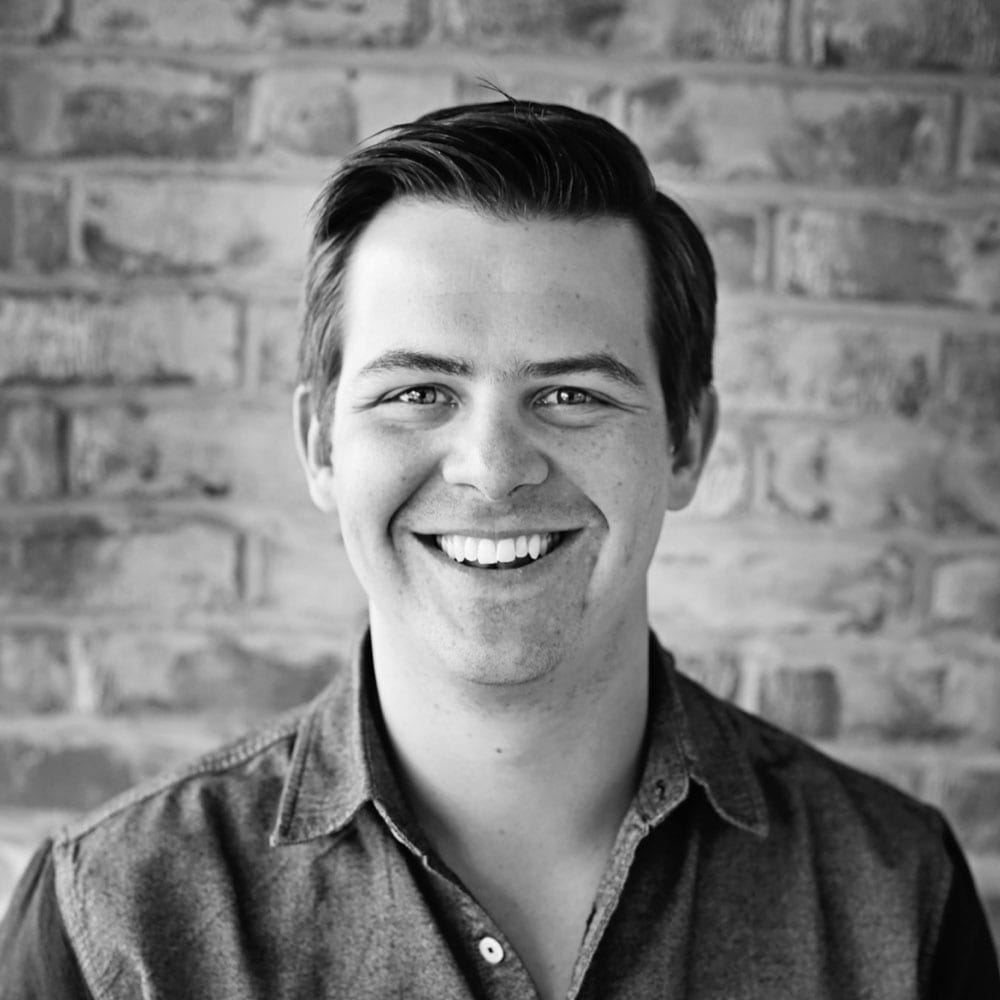
Professional Affiliation
Bret Alexander is an experienced management consultant at EY in their Digital and Customer Experience practice. He is focused on fueling growth and efficiencies in some of the world’s largest companies by building digital customer experiences and leading large-scale transformations.
Why I’m Here
I am passionate about curing osteosarcoma after losing my best friend to the disease in 2006. I serve as a Board Chair, President & Treasurer for the QuadW Foundation, which has funded millions in osteosarcoma research infrastructure and young investigator development grants.
I hope to use the experience I have developed in understanding the priorities and opportunities in curing osteosarcoma to facilitate the connection of thought leadership and funding that will bring new treatments to osteosarcoma patients.
Julia Glade Bender, MD
Committee Member
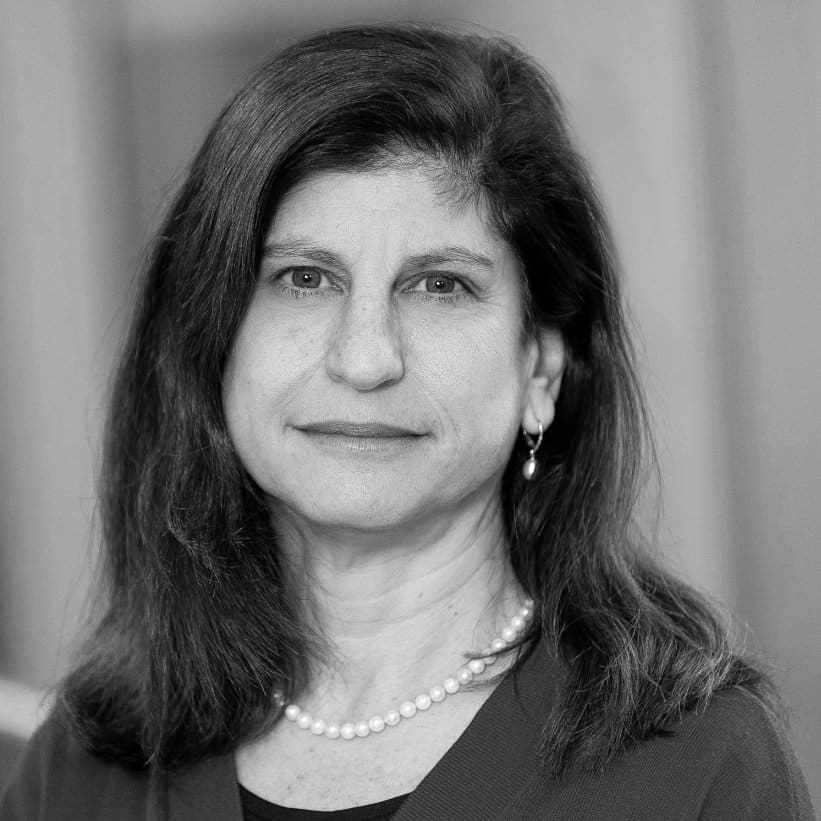
Professional Affiliation
Dr. Julia Glade Bender is a Full Member (Professor) at Memorial Sloan Kettering Cancer Center (MSK), Vice Chairman for Clinical Research in the Department of Pediatrics and Co-Medical Director of the Lisa and Scott Stuart Center for Adolescent and Young Adult (AYA) Cancer. A graduate of Yale University and the University of Pennsylvania School of Medicine, Dr. Glade Bender completed her pediatric residency at the Mount Sinai Hospital in New York City and her pediatric hematology-oncology fellowship at MSK. Her clinical research has focused on the development of targeted agents for children, adolescents, and young adults with advanced solid tumors and the identification of biomarkers predictive of response. She has provided broad scientific leadership for early phase clinical trial development sponsored by the National Cancer Institute (NCI), the Children’s Oncology Group (COG), as well as smaller disease-oriented consortia and the pharmaceutical industry chairing or vice-chairing more than 15 national trials.
Why I’m Here
Claudia M. Valverde Morales, MD
Committee Member
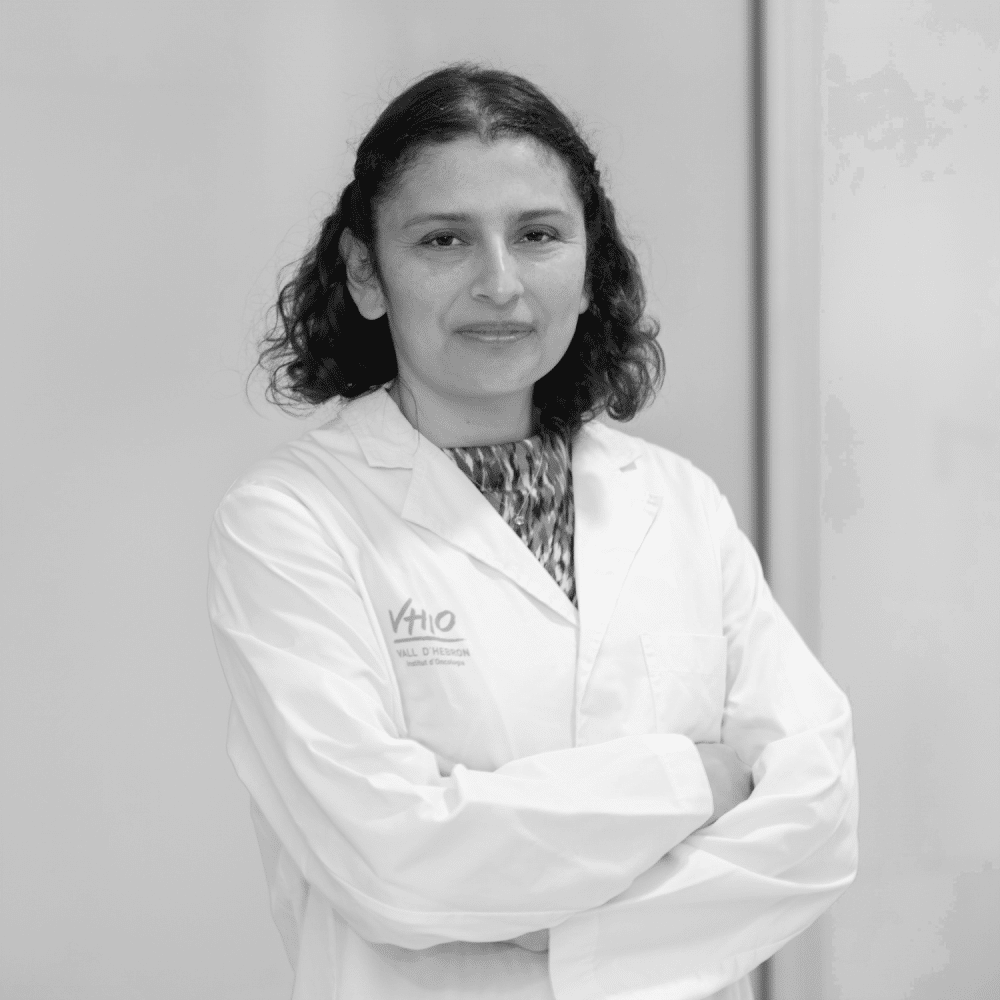
Professional Affiliation
She is an active member of the following national and international cooperative groups: European Society of Medical Oncology, Spanish Society of Medical Oncology, Spanish Task Force Group of Orphan and Infrequent Tumors (GETHI) and especially in GEIS, a Spanish Group for Research on Sarcomas. She has been part of the GEIS Executive Committee as Treasurer from 2010-2018 and President since October 2018. One of her main roles is to represent GEIS and allow its incorporation and active participating in a large number of European and world networks and consortiums dedication to the treatment of sarcomas.
Why I’m Here
During my training as a medical oncologist, I had the privilege of meeting Josep Baselga, Chief of the Young Oncology Department, at that point. He had the real belief that we would be able to transform cancer into a curable or chronic disease during his lifespan. He thought that the clue was to really understand the biology of each cancer, to find their Achilles heels, and design and develop the correct drug for the right kind of patients and this vision would only come true if basic science, pharma/biotech, academia, physicians, and patients were to work together. He believed in networking and when I was deciding to dedicate my effort to sarcoma patients care, he encouraged me to complete a short stage at Dana-Farber Cancer Institute to understand how this vision could also be applied to sarcoma. I met great physicians like George Demetri, Suzanne George, and Andy Wagner but also not so well-known team of nurses and research staff who taught me how science and really taking care of people in a respectful way, could go hand-in-hand. In my years as Treasurer and Chair of the Spanish Sarcoma Group, I have met a lot of people who share this vision and I have realized there is a strong sarcoma community willing to collaborate. But I have also realized that this “cake” is too big to be eaten in one sitting, and that most of the examples of success are precisely those in which we have concentrated on smaller, well-defined populations (specific histologic subtype), but because of biological reasons but also from the motivational perspective. Thus, when Dr. Bill Tap introduced me to the OSI to try and launch a clinical trial for osteosarcoma patients with a drug that had been developed by Dr. Laura Soucek and her team at Vall d’Hebrón Institute of Oncology, I did not have to think a lot to involve myself in the adventure. Now, I am also excited to a part of the OSI to bring this vision a step closer for the osteosarcoma community.
Timothy M. Fan, DVM, PhD
Committee Member

Professional Affiliation
Why I’m Here
Samir M. Hanash, MD, PhD
Committee Member
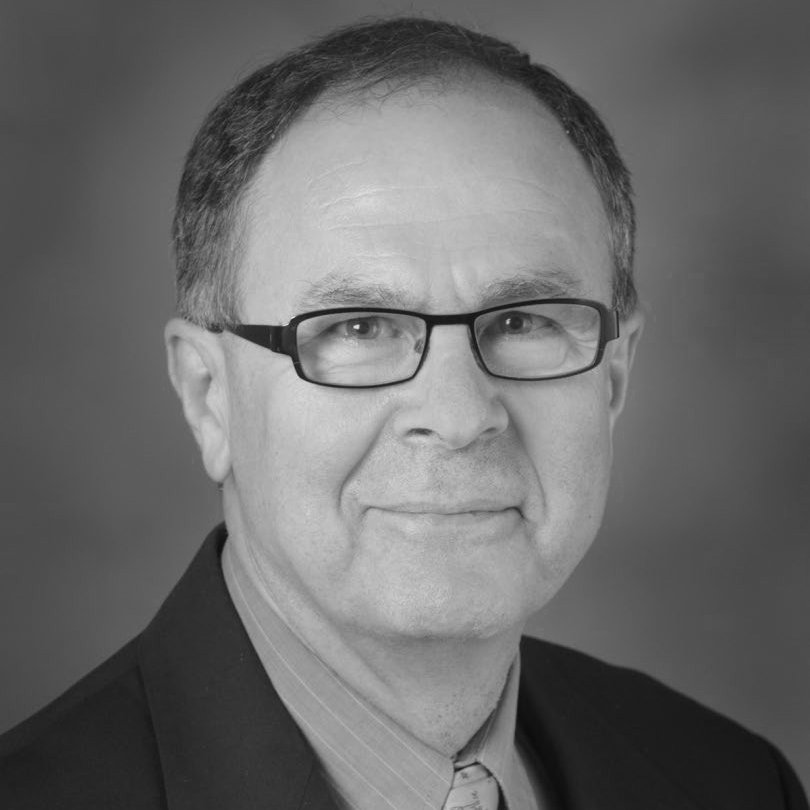
Professional Affiliation
Why I’m Here
Robbie G. Majzner, MD
Committee Member

Professional Affiliation
Why I’m Here
Poul Sorensen, MD, PhD
Committee Member

Professional Affiliation
Why I’m Here
Osteosarcoma is characterized by high genomic complexity as well as clinical heterogeneity, both of which complicate the therapy for this disease. Moreover, many patients exhibit resistance to therapy and develop metastasis, particularly to the lung. Overall survival for metastatic osteosarcoma remains at approximately 20% and has not improved for 40 years. My lab is specifically focused on understanding the biology of metastatic osteosarcoma in the hope of finding better strategies to target osteosarcoma metastatic capacity. I know that the Osteosarcoma Institute shares this vision, which is why I am delighted to be part of this organization.
Mary Katherine Clarke
Trustee, OSI

Professional Affiliation
With a background in law, Mary Katherine is trained in contract work, nonprofit management, development, and consulting with experience at the John F. Kennedy Center for the Performing Arts. She is currently focused on raising her three young children and supporting the furtherance of osteosarcoma research.
Why I’m Here
Alexandra Callan, MD
Strategic Advisory Board, Member

Professional Affiliation
Dr. Alex Callan serves as the Director of Orthopedic Oncology at UT Southwestern. As a musculoskeletal oncologist, Dr. Callan cares for patients with sarcomas, metastatic bone disease, complex joint replacements, and other bone and soft tissue tumors of the body. She works closely with a multidisciplinary sarcoma team at UT Southwestern, Children’s Health, and Parkland Memorial Hospital.
Dr. Callan graduated from the University of Notre Dame (BS) and Baylor College of Medicine (MD). She completed her Orthopedic Surgery Residency at Vanderbilt University and Orthopedic Oncology Fellowship at MD Anderson Cancer Center. Her research is focused on improving quality of life and functional outcomes after surgery for bone sarcomas.
Why I’m Here
I am here for my patients. Specifically, my patient Izzy and her family connected me with the Osteosarcoma Institute. In her short 12 years on this earth, she made a greater impact in my career and in the fight for osteosarcoma than any other human. She raised nearly half-a-million dollars for osteosarcoma research while fighting her own osteosarcoma battle with bravery, hope, and grace. I am here to impact change for all my patients. We need to continue to look for innovative and revolutionary options to cure osteosarcoma.
Cigall Kadoch, PhD
Strategic Advisory Board, Member
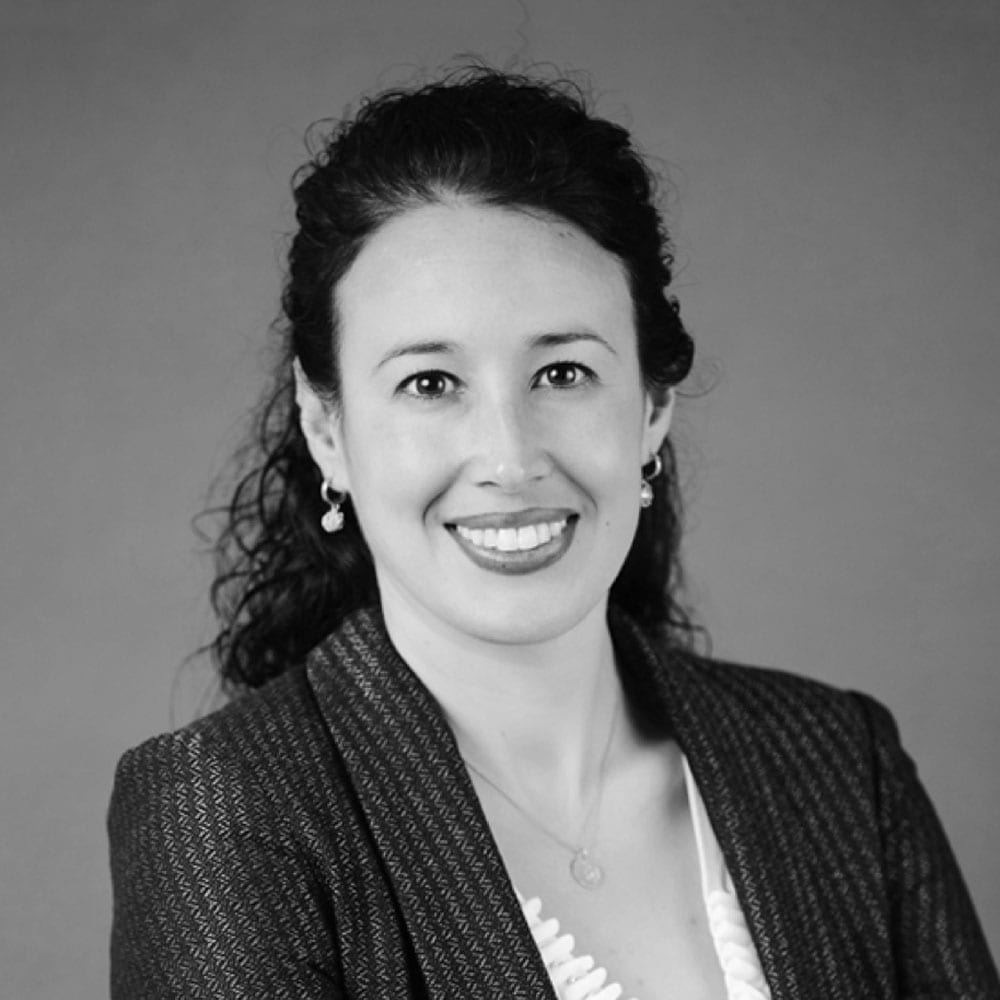
Professional Affiliation
Cigall Kadoch, Ph.D. is an Assistant Professor of Pediatric Oncology at the Dana-Farber Cancer Institute, Assistant Professor of Biological Chemistry and Molecular Biology at Harvard Medical School, and Institute Member and Epigenomics Program Co-Director at the Broad Institute of MIT and Harvard.
She established her independent laboratory in 2014 immediately following completion of her Ph.D. studies in Cancer Biology at Stanford University working with developmental biologist Gerald Crabtree. She is a leading expert in chromatin and gene regulation and is internationally recognized for her team’s ground-breaking studies in these areas. Specifically, her laboratory studies the structure and function of chromatin remodeling complexes such as the mammalian SWI/SNF (or BAF) complex, with emphasis on defining the mechanisms underlying cancer-specific perturbations. Of note, the recent surge in exome- and genome-wide sequencing efforts has unmasked the major, previously unappreciated contribution of these regulators to malignancy: genes encoding BAF complex subunits are mutated in in over 25% of human cancers, including some cancer types such as synovial sarcoma, malignant rhabdoid tumor, and others which are uniformly characterized by BAF complex perturbation.
Why I’m Here
I am committed to enabling translation of basic discoveries in to meaningful therapeutic opportunities. I hope to leverage our research team’s experiences in the settings of synovial sarcoma, Ewing sarcoma, rhabdoid tumor, epitheliod sarcoma, and others in the design of mechanistic and pre-clinical studies as well as screening approaches in osteosarcoma.
Richard Gorlick, MD
Strategic Advisory Board, Member

Professional Affiliation
Richard Gorlick is the Interim Chair, Sarcoma Department, Division of Cancer Medicine, Division Head, Department Chair, Mosbacher Pediatrics Chair, and Professor of Pediatrics at The University of Texas MD Anderson Cancer Center in Houston, TX. He is a practicing pediatric oncologist who cares for patients with sarcoma and is the principal investigator of a laboratory devoted to translational research focused on osteosarcoma. Dr. Gorlick’s laboratory is a member of the National Cancer Institute funded Pediatric Preclinical Testing Consortium.
Why I’m Here
My entire professional career has been devoted to improving our biological understanding of osteosarcoma and through that, trying to improve the outcome of patients with this disease. My independent laboratory effort began in 1998 at Memorial Sloan-Kettering Cancer Center, and since its inception has been almost entirely devoted to osteosarcoma research. My laboratory was involved in the initiation of osteosarcoma tumor banking by COG and has maintained its focus through my transition to the Children’s Hospital at Montefiore/Albert Einstein College of Medicine, and in December 2016 the move to The University of Texas MD Anderson Children’s Cancer Hospital. As Chair of the COG Bone Tumor Disease Committee and as a member of the Sarcoma Alliance for Research through Collaboration Clinical Trials Committee, I have helped shape clinical trials priorities. I have always been a physician who has provided care for patients with sarcomas, particularly osteosarcoma.
I was involved in the first meeting of WWWW Foundation, Inc. (QuadW), conducted under the auspices of the American Association for Cancer Research in which the decision was made to annotate the COG osteosarcoma bank, creating the highly effective QuadW biostatistical office. I have sincerely appreciated the extensive funding of infrastructure and Young Investigator grants provided by QuadW, and I am honored to be involved in the Osteosarcoma Institute. I will share my knowledge base and experience to help advance our aligned cause in an effort to improve survival and outcomes of patients with osteosarcoma.
Katherine Janeway, MD, MMSc
Strategic Advisory Board, Member

Professional Affiliation
Katherine Janeway, MD, MMSc is a pediatric oncologist at Dana-Farber/Boston Children’s Cancer and Blood Disorders Center. Her clinical title is Senior Physician, she is an Associate Professor of Pediatrics and Harvard Medical School and Director of Clinical Genomics at Dana-Farber Cancer Institute. She is an expert in caring for children, adolescents and young adults with sarcomas. Dr. Janeway’s research is focused on genomics, precision oncology and bone sarcomas. She leads clinical trials in osteosarcoma and Ewing sarcoma both as an independent investigator and as the Chair of the Children’s Oncology Group (COG) Bone Tumor Committee.
Why I’m Here
Every day, I am reminded just how important excellent cancer care and a commitment to cancer research are. Many of those affected by osteosarcoma, whom I have been fortunate to care for, are alive today because the researchers and clinicians before me established our current high standards of care. But still too often, our standard approach does not work, and we do not win the fight. Moreover, our current standard for osteosarcoma treatment can have lifelong, secondary effects. Too many with osteosarcoma face a difficult and uncertain road, and there is still so much work to be done. That is why I do this work. I find is solace and deep satisfaction in working with parents, patients, advocates, and other clinician-investigators striving to better understand osteosarcoma in order to make progress in conquering the disease.
Robert G. Mennel, MD
Strategic Advisory Board, Member

Professional Affiliation
Dr. Mennel is a practicing medical oncologist who has a special interest in sarcoma. I am also Director of the Division of Molecular Medicine and Molecular Pathology at Baylor University Medical Center.
Why I’m Here
I took care of Willie Tichenor during his battle with osteosarcoma. I have been involved with the QuadW Foundation since its inception, initially as the medical advisor and then as a board member. I believe fervently and passionately in their goal to develop better treatments for patients with osteosarcoma. I believe in using the best science to solve a problem. We are in a period of an explosion of scientific information. I am convinced that a group such as the Osteosarcoma Institute can and must facilitate cooperation between investigators, Pharma, physicians, and payers to improve the therapy for our patients with osteosarcoma. I am excited to be a member of the Osteosarcoma Institute.
Melinda Merchant, MD, PHD
Strategic Advisory Board, Member

Professional Affiliation
Melinda Merchant, MD, PhD, is Senior Vice President of Clinical Development at Normunity Inc, a company established to pioneer cancer-fighting medicines that target novel immuno-oncology mechanisms. A board-certified Pediatric Hematologist & Oncologist with a PhD in Immunology, Dr. Merchant held previous physician-scientist positions at the National Cancer Institute (NCI) and Memorial Sloan-Kettering Cancer Center with a focus on sarcomas and immunotherapy. She is the former VP of Early Stage Development at Epizyme where she led the Translational Medicine and Early Clinical Development. Since her move to pharma in 2015, Melinda has been highly active in early clinical development at the transition from laboratory to early phase clinical trials, directing clinical development of multiple first time in human studies, and leading a growing team of scientists and physician scientists.
Why I’m Here
As I think back on years of treating patients with osteosarcoma, many memories and celebrations of children, adolescents, and young adults come quickly to mind. Their challenges first attracted me to ask questions in the translational space and continue to provide a patient-first mentality as I work in drug development. It is clear to me that forward momentum in the field will take teamwork and leadership across multiple levels of expertise/engagement. I am hopeful that OSI initiatives will help improve the pace and scope of osteosarcoma treatment.
Damon Reed, MD
Strategic Advisory Board, Member

Professional Affiliation
I am a team scientist. As the Vice Chair of the Bone Tumor Committee at the Children’s Oncology Group (COG), I have the opportunity to help develop the major Phase 2 and 3 trials through the cooperative group and across the National Clinical Trials Network (NCTN). I have had the chance to lead two Phase 2 studies, including a Phase 2 study investigating DS-8201a in osteosarcoma through the COG as well as the OS Therapies trial of a modified Listeria therapy given after patients have entered remission after relapsed osteosarcoma.
In the past, I helped grow and led the National Pediatric Cancer Foundation’s Sunshine Project. Investigator initiated trials previously developed through this consortium include: an evolutionary inspired protocol for metastatic and fusion positive rhabdomyosarcomas, and a Phase 2 studying Azacitadine and Nivolumab in osteosarcoma, and I was the Principal Investigator of the first in human Phase I trial of the LSD1 inhibitor Seclidemstat in Ewing sarcoma. I have also worked with this team to create a trial to assess circulating tumor cells and DNA over time in newly diagnosed sarcoma patients. I am the current president of the Connective Tissue Oncology Society. Prior work also includes expanding the investigation of ecological and evolutionary inspired treatment approaches through an evolutionary tumor board at Moffitt Cancer Center.
Why I’m Here
The OSI is a leader in osteosarcoma research and translation of important work into clinical trials. I look forward to contributing my ideas and opinions, learning from the incredible leaders and fellow board members, and helping create and participate in the innovative forums hosted by the OSI that gather experts towards improving osteosarcoma outcomes. Our field benefits from expertise not traditionally found within our departments. My past experience from the OSI has confirmed this by including paleontologists, protein chemists, metabolism experts, and industry leaders in past forums where I’ve been fortunate to have been a participant.
Sung Poblete, PhD, RN
Strategic Advisory Board, Member
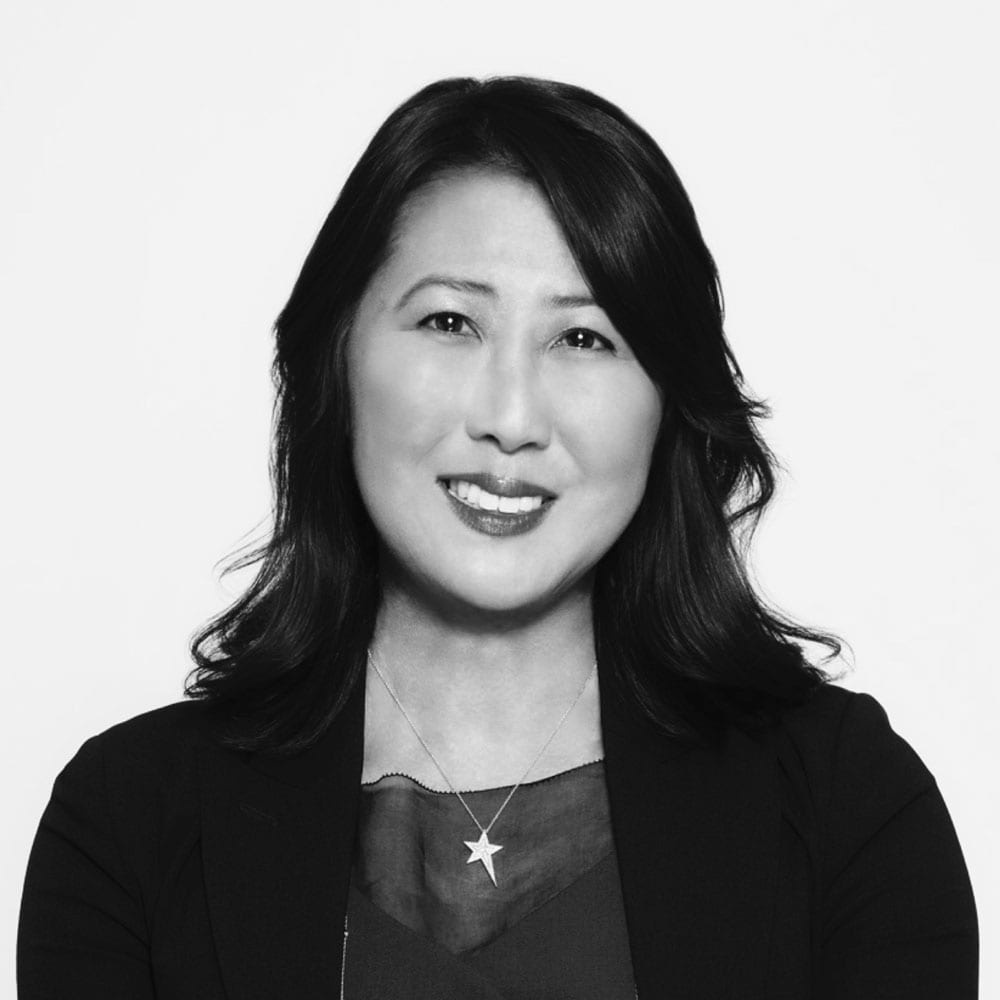
Professional Affiliation
Sung is the CEO of Food Allergy Research & Education (FARE), an organization dedicated to improving the quality of life and health of those with food allergies through transformative research, education, and advocacy. Sung is the former CEO of Stand Up To Cancer (SU2C), a groundbreaking movement that raises funds to accelerate the pace of translational cancer research and gets new therapies to patients quickly to save lives now.
Why I’m Here
I have made it my life’s work to fight cancer from all angles: galvanizing awareness, improving patient outcomes, and enabling cutting-edge research. I am honored to join forces and galvanize the collective strengths of the OSI IEB and SAB members to accelerate the pace of osteosarcoma cancer research for benefit of patients today.
Robert D. Schreiber, PhD
Senior Advisor

Professional Affiliation
Robert Schreiber is the Andrew M. and Jane M. Bursky Distinguished Professor; the Interim Head, Division of Immunobiology, Department of Pathology and Immunology, Director of The Bursky Center for Human Immunology and Immunotherapy Programs and co-Leader of the tumor immunology program at the Siteman Cancer Center at Washington University in St Louis, School of Medicine in St. Louis, Missouri. Dr. Schreiber received both his B.A. and Ph.D. in biochemistry/immunology from the State University of New York at Buffalo. He received his postdoctoral training at The Scripps Research Institute in La Jolla, California, and remained there as a faculty member until 1985 when he was recruited to Washington University in St. Louis. Schreiber co-led/led the immunology training program from 1985-2003 and then took over directing the NCI T32 funded program in Cancer Biology and has led that program for 18 years. Dr. Schreiber’s research focuses on elucidating the cellular and molecular mechanisms underlying natural and therapeutically induced immune responses to developing and established cancers.
Why I’m Here
I am delighted to be a Senior Advisor for the OSI. My research is in the area of promoting therapeutic immunity to sarcoma, and it is exciting to be able to interact with such dedicated and accomplished individuals on the OSI team. I firmly believe that immunotherapy has a place in sarcoma treatment. I hope that current research on this issue together with the interactions that are now occurring among the OSI board members will be translated into novel and more effective sarcoma therapies.
Bill Tap, MD
Strategic Advisory Board, Member

Professional Affiliation
Bill’s academic and clinical career focuses on providing comprehensive care for patients, primarily the underserved and underrepresented, bringing cutting edge research into the clinics. Bill is Chief of the Sarcoma Medical Oncology Service at Memorial Sloan Kettering Cancer Center (MSK). He has extensive experience in translational medicine as it applies to sarcoma and oncology. He is currently in charge of the clinical, basic science, and translational aspects of the Sarcoma Program at MSK. Bill is also helping to build an Adolescent and Young Adult (AYA) Program at MSK (AYA@MSK) to better understand and meet the needs of this unique patient population. AYA@MSK is positively affecting care paradigms for AYA cancer patients and improving care delivery for all patients at MSK. Bill is also active in health outcomes work, promoting equity in cancer care. His overall goal is to improve the comprehensive biopsychosocial care for patients with cancer and rare diseases, while training the next generation of clinicians and scientists.
Why I’m Here
I am here because things need to change. Osteosarcoma is a terrible disease with very few treatment options and little advances in the past few decades. This is unacceptable and OSI is committed to changing this reality, accelerating science and clinical research, establishing new conventions and approaches, and facilitating and building programs that will affect change. OSI is uniting a new community of stakeholders, from scientists and clinicians with diverse backgrounds, to patients and caregivers who arguably understand the effect of osteosarcoma more than anyone. As a team, we are all focused, united and dedicated to making a difference for our patients and in their lifetime. I am excited to be partnering with OSI to once and for all end this horrible disease.
Lisa Tichenor
Trustee, OSI

Professional Affiliation
Lisa Tichenor is a graduate of the University of Texas with a BBA in finance. Lisa is Director Emeritus at the QuadW Foundation and a Trustee of the Osteosarcoma Institute. In addition, Lisa is Chair of the Board Africa University, Inc, the US-based corporation supporting Africa University in Zimbabwe. She enjoys cycling and runs a community garden.
Why I’m Here
I am a relentless advocate for osteosarcoma research that will result in better patient outcomes for children and adults with osteosarcoma. My younger son, Willie, passed away from this devastating disease in 2006 at the age of 19. The treatment options that Willie had in the 2000’s are still the only options available today, and they are failing approximately one-third of patients. I believe that funding from and collaboration among the OSI and like-minded individuals, corporations, and foundations is necessary to move the field forward. I am optimistic that the talent and expertise of the OSI Strategic Advisory Board, committees, and staff will help lead to a breakthrough for osteosarcoma patients.
Mac Tichenor
President
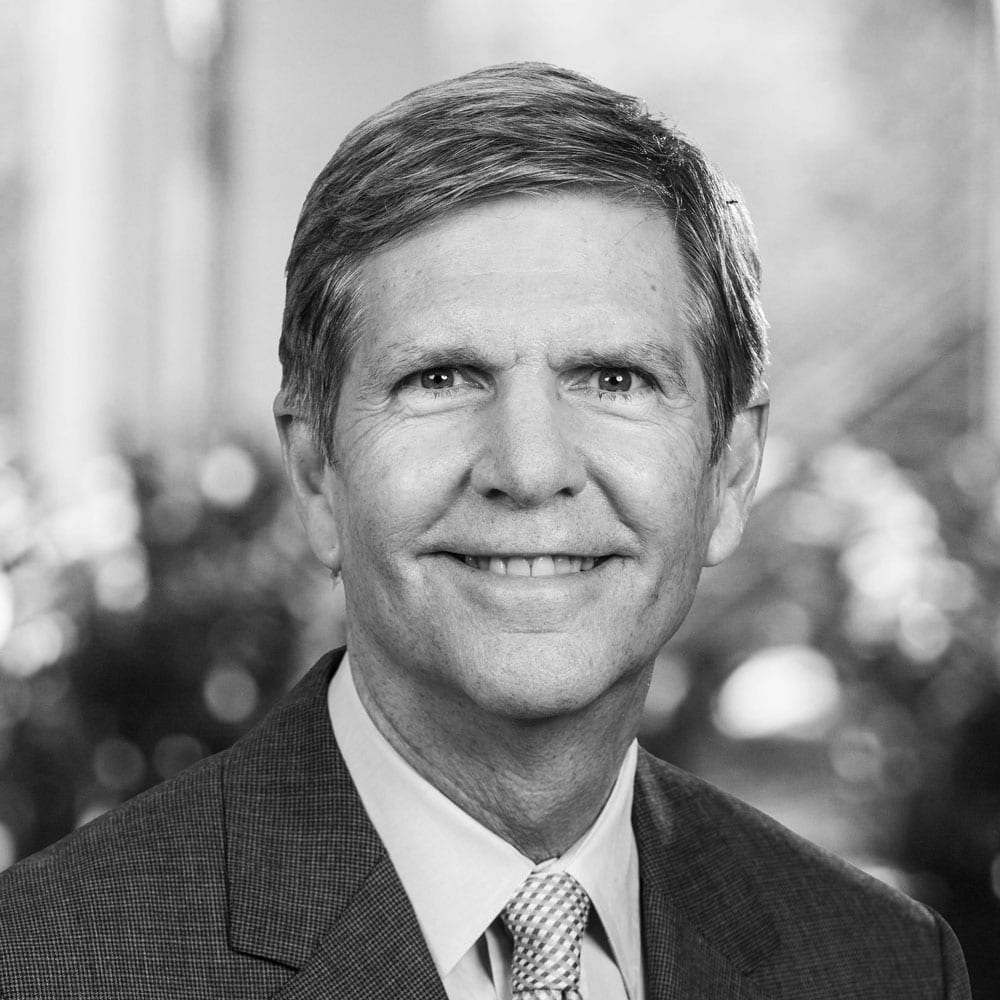
Professional Affiliation
In addition to serving as the President of the OSI, Mac Tichenor is the President of Tichenor Ventures, LLC., an investor in early-stage biotechnology companies and Director Emeritus of the QuadW Foundation.
Why I’m Here
Our younger son, Willie, died from osteosarcoma in 2006, after a three year battle with the disease. That led to the creation of QuadW, which has the funding of sarcoma research as a fundamental, but not exclusive, focus. Over QuadW’s first ten years, we helped support the field through many important accomplishments, but they did not include the development of new treatments that would have helped Willie. This fact, coupled with advice from leaders in cancer and medical science generally, led us to the creation of this purpose-built and driven Institute, with the single goal of bringing effective new therapies to the clinic.
Daniel D. Von Hoff, MD, FACP
Senior Advisor

Professional Affiliation
Dr. Von Hoff is currently Physician in Chief, Distinguished Professor Translational Research at TGen (Translational Genomics Research Institute) in Phoenix, Arizona. He is also Senior Consultant, Clinical Investigations for the City of Hope; Chief Scientific Officer for HonorHealth Research Institute; Medical Director of Research, Chief Scientific Officer, US Oncology, and Professor of Medicine, Mayo Clinic.
Why I’m Here
My major interest is in the development of new anticancer agents, both in the clinic and in the laboratory. My colleagues and I were involved in the beginning of the development of many of the agents we now use routinely, including: mitoxantrone, fludarabine, paclitaxel, docetaxel, gemcitabine, irinotecan, nelarabine, capecitabine, lapatinib, vismodegib, nab-paclitaxel, nal-IRI, and others. At present, we are concentrating on the development of molecularly targeted therapies for patients with pancreatic and other advanced cancers.
Jinghui Zhang, PhD
Strategic Advisory Board, Member
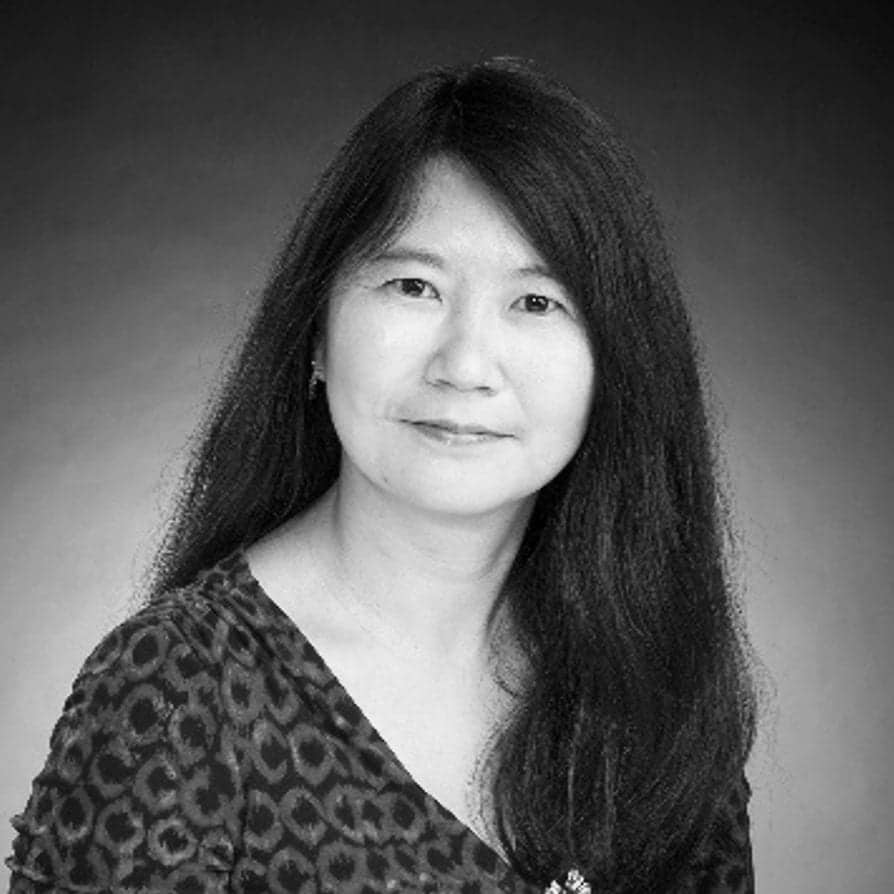
Professional Affiliation
Jinghui Zhang, Ph.D., is Chair of the Department of Computational Biology at St. Jude Children’s Research Hospital. She holds the St. Jude Endowed Chair in Bioinformatics. Dr. Zhang received her undergraduate degree from Fu Dan University in Shanghai and her doctorate from the University of Connecticut in Storrs, Conn. Zhang joined St. Jude in 2010, leading the effort to analyze genomic data generated by the St. Jude–Washington University Pediatric Cancer Genome Project (PCGP) to define the landscapes of >20 subtypes of pediatric cancer including osteosarcoma. Her PCGP work has led to new directions in research involving high-risk leukemia, brain and solid tumors while innovative analysis and visualization tools developed in her lab have been adopted by researchers worldwide. She led the first pan-cancer analysis of the Therapeutically Applicable Research to Generate Effective Treatment (TARGET) initiative of the National Cancer Institute (NCI) which has unveiled striking difference in the genomic landscape of pediatric versus adult cancer. She sees the importance of sharing data gained from her collaboration with other pediatric cancer research institutes and has developed St Jude Cloud platform for pediatric cancer genome data sharing.
Why I’m Here
I have been studying the genomics of osteosarcoma since 2012 uncovering the genomic complexity (2014) as well as evolution trajectory during metastasis (2019). OSI brings an opportunity to interact with both the patient community and research teams which will accelerate the progress of translating the research findings to therapy. I am particularly interested in connecting with my colleagues in research and clinical care so that we can explore adopting innovative technologies that can lead to improved outcome of high-risk/metastatic osteosarcoma.
Chand Khanna, DVM, PhD
Strategic Advisory Board, Chair

Professional Affiliation
Dr. Khanna is Chief Science Officer with Ethos Veterinary Health, and President of Ethos Discovery(501c3), its incubator of scientific innovation. His responsibility at Ethos Discovery is to develop innovations in the form of novel diagnostics and therapeutics for both human and animal patients afflicted with similar complex disease conditions (i.e., osteosarcoma; so called Comparative Oncology). Chand is a veterinary oncologist and both osteosarcoma and metastasis biologist, who has worked in this scientific field for over 20 years, most notably as a senior investigator of the Tumor and Metastasis Biology section of the Pediatric Oncology Branch at the National Cancer Institute and founding Director of its Comparative Oncology Program. Chand’s research career has focused on improving the understanding of the biology of metastasis in osteosarcoma and the use of a cross species (mouse, dog, human), Comparative and translational approach to develop novel therapeutics for osteosarcoma metastasis.
Why I’m Here
Starting during my PhD, continuing through my entire research career at the NIH, and continuing in my current role at Ethos Discovery, I have focused on the problem of metastasis in osteosarcoma and the use of a Comparative approach to develop novel therapeutics for this problem.
Through my work as the Osteosarcoma Biology Chair within the Children’s Oncology Group (COG), I became familiar with the Tichenor family, the QuadW Foundation and its board members. Through my responsibilities in the COG, I directed a QuadW sponsored office that was responsible for the management of the COG osteosarcoma biospecimen repository and the work to provide clinical annotation for nearly 100% of the patient samples in this biospecimen repository.
Chelsey Blanks
Director of Operations

Professional Affiliation
As the Osteosarcoma Institute’s Director of Operations, Chelsey schedules meetings for the board, oversees various operational aspects of the organization (including HR, IT, and office management), facilitates the grant cycle, and manages OSI Connect (formerly OSI Hotline) that offers free expert advice for osteosarcoma patients and families no matter where they are in their journey. Although Chelsey is Texan through and through, she spent six years living in Southern California and was thrilled to return home with her husband, Jordan, in late 2019. In February 2020, Chelsey joined the OSI as an Executive Assistant, and over the years, she has witnessed and contributed to the organization’s growth. Chelsey obtained her undergraduate degree from the University of North Texas, where she studied Sociology, Philosophy, and Dance. Previously, she had an insurance and financial services career and was an Executive Assistant for her church in Orange County, California.
Why I’m Here
I was first exposed to pediatric cancer when I was a Unit Secretary at Cook Children’s Medical Center in Fort Worth, Texas. During my short time there, the experience truly opened my eyes to these terrible diseases and how they affect not only the patient, but the entire family and community. When I heard Willie Tichenor’s story (the genesis for the QuadW Foundation and an inspiration for the OSI), it touched my heart. I was inspired by how this group of family and friends wanted to make a dramatic difference for current and future osteosarcoma patients. Working with the OSI is truly rewarding, and I am excited to be part of an organization that is advancing treatment options and survival rates for patients! I remain hopeful that through collaboration, we can dramatically increase treatment options and survival rates in osteosarcoma patients through identifying and funding the most promising and breakthrough osteosarcoma clinical trials and science.
Amy Lobner, MPH, CCRC
Director of Scientific Programs

Professional Affiliation
As Director of Scientific Programs at the Osteosarcoma Institute, Amy plays a vital role in supporting the OSI Strategic Advisory Board (SAB) and its scientific committees—key drivers of progress in osteosarcoma research and treatment. In addition to her scientific contributions, she is actively involved in the Institute’s fundraising and development initiatives. She holds a BA in Sociology from Miami University and a Master of Public Health from Emory University’s Rollins School of Public Health. Amy brings a broad and valuable range of experience to her role, including program development, fundraising, grant writing, overseeing a health system foundation’s grantmaking, managing a clinical research program for a rare disease, and healthcare consulting. In 2015, Amy, her husband Tim, and their two children relocated from Chicago and are happy to call Dallas home.
Why I’m Here
My dedication to the Osteosarcoma Institute is deeply personal. I witnessed a classmate of my son bravely battle osteosarcoma, I and was profoundly inspired by her family’s commitment to advancing research through the creation of a science fund aimed at supporting breakthrough clinical trials and studies at the OSI. Earlier in my career, I had the honor of managing a clinical research program for a rare disease at Ann & Robert H. Lurie Children’s Hospital of Chicago. There, I saw firsthand how innovative treatments—made possible through collaborations between foundations and pharmaceutical companies—can transform survival outcomes and quality of life for children who previously had few options. I am driven to help make that same impact for osteosarcoma patients. I fully support the OSI’s mission to remove barriers, fund progress, accelerate research, and raise awareness—all in pursuit of a cure. Being part of this extraordinary team and working toward real change is both inspiring and deeply rewarding.
Fernanda Arnaldez, MD
Strategic Advisory Board, Member
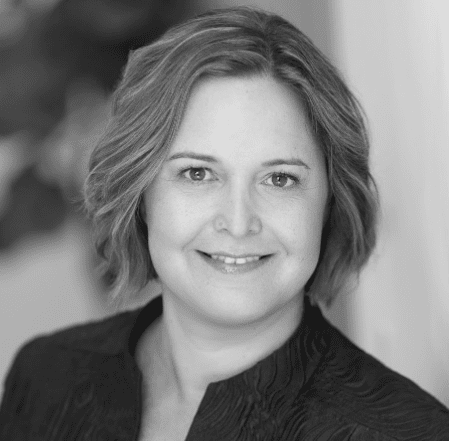
Professional Affiliation
Dr. Fernanda Arnaldez is the Senior Global Product Leader for AstraZeneca and leads Early Development Oncology research and development. Previously Dr. Arnaldez was the Investigator in the Investigational Drug Branch – Cancer Therapy Evaluation Program of the Divsion of Cancer Treatment and Diagnosis at the National Cancer Institute (NCI); and an Associate Research Physician in the Pediatric Oncology Branch of the NCI. She specializes in rare solid malignancies in children and adolescents and previously acted as the Director of the NIH Pediatric and Wild-Type Gastrointestinal Stromal Tumor (GIST) Clinic.
Her background includes oncology research and drug development in government, industry and academia. Dr. Fernanda Arnaldez received her M.D. from University of Buenos Aires School of Medicine in Buenos Aires, Argentina, where she graduated with high honors. She completed her Pediatric Internship and Residency in Buenos Aires, Argentina (Ricardo Gutierrez Children’s Hospital) serving as the Chief Resident in 2003. Dr. Arnaldez is Board Certified in General Pediatrics and in Pediatric Hematology/Oncology. She is a member of several of several pediatric medical societies, as well as ASCO and AACR. She is the recipient of numerous awards, including the Brigid Leventhal Special Merit Award (ASCO), the Conquer Cancer Foundation Young Investigator Award, and the American Society of Pediatric Hematology-Oncology Young Investigator Award.
Why I’m Here
I decided to be a pediatrician after realizing the deep relationship that families establish with the doctors caring for their youngest. Further along in my career, I was privileged to witness the incredible resilience that families affected by pediatric cancer possess. I was determined to contribute to improve outcomes. My passion lies in improving outcomes for those affected by cancer and contributing to bring to the clinic new and better therapies, able to have a meaningful impact in their lives.
Andrea Hayes Dixon, MD
Strategic Advisory Board, Member
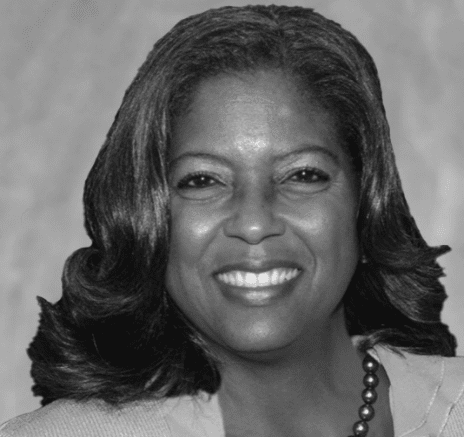
Professional Affiliation
Dr. Andrea Hayes Dixon is the Howard University College of Medicine dean and oversees all aspects of academic and administrative affairs for the College of Medicine. Dr. Hayes Dixon has a basic science laboratory which focuses on rare sarcomas and also maintains a clinical research efforts. She specializes in refractory and resistant tumors and children and specifically soft tissue sarcomas and children. Her patient’s request her services from around the world because of the rare diseases she investigates. She was previously the section Chief of Pediatric Surgery at UT MD Anderson Cancer Center then the the Surgeon-in-Chief of the North Carolina Children’s Hospital and the Division Chief of Pediatric Surgery at UNC. She is nationally and internationally known for her work pioneering an operation known as HIPEC for children.
Why I’m Here
I have been practicing Pediatric Surgical Oncology for approximately 20 years. During that entire time I have been focused on sarcomas in particular. I have had an active molecular biology laboratory studying sarcomas using mouse models. I have been an active member of the children’s oncology group soft tissue sarcoma and bone sarcoma committee since the inception of the children’s oncology group.
I’m excited to participate in this Osteosarcoma Institute because it is clear to me that we are making little to no progress in the treatment of this tumor. Unfortunately the current treatment is no different from that of 20 to 30 years ago and the outcomes have remained the same.
Alejandro Sweet-Cordero, MD
Strategic Advisory Board, Member

Professional Affiliation
Dr. Sweet-Cordero is a cancer biologist and practicing pediatric oncologist focused on basic and translational cancer research. His laboratory’s disease focus includes both pediatric sarcomas and lung cancer. His sarcoma work is focused on defining mechanisms driving osteosarcoma and Ewing sarcoma progression, metastasis, and therapy resistance. He has extensive expertise in integrative genomic analysis and functional genomic studies using CRISPR/CAS9. He uses these tools to drive gene and network discovery using primary tumors, patient-derived xenograft models, and genetically engineered mouse models. He also has experience in real-world application of tumor sequencing for precision cancer medicine and currently leads the UCSF Molecular Oncology Initiative (MOI). He currently serves as the Chief of the Division of Pediatric Oncology at UCSF.
Why I’m Here
I am passionate about improving the treatment for patients with osteosarcoma by finding new treatments that will ultimately improve the standard of care. I am specifically interested in understanding how osteosarcoma metastasizes and in finding treatments to kill metastatic tumor cells.
Vanessa (Peterson) Montemayor
Director of Development

Professional Affiliation
As the Director of Development at the Osteosarcoma Institute, Vanessa leads fundraising initiatives, grant writing, and marketing/communications efforts. In this role, she works to raise awareness and build advocacy for osteosarcoma, both in Texas and across the United States. Vanessa grew up in Waco, Texas, received her BS in Corporate Communications from the University of Texas, and moved to Dallas in 2016 to begin her career in nonprofit fundraising and development. In her current position, Vanessa oversees the OSI’s development strategy, which includes individual, foundation, and corporate giving, planned giving, digital and direct mail campaigns, and grants.
Why I’m Here
I joined the Osteosarcoma Institute to secure vital funding for osteosarcoma research—because every dollar raised brings us closer to new treatment options for children and young adults with this devastating bone cancer. I am proud to be part of the OSI, and I am dedicated to ensuring that we have the financial resources necessary to support groundbreaking clinical trials and scientific research. I believe the OSI is on a path to dramatically increase treatment options and survival rates in osteosarcoma patients, and ultimately find a cure. I look forward to building collaborative and lasting relationships with our patient families, donors, and supporters as we continue to advance our mission.
Amal Morcos
Grant Writer, Staff
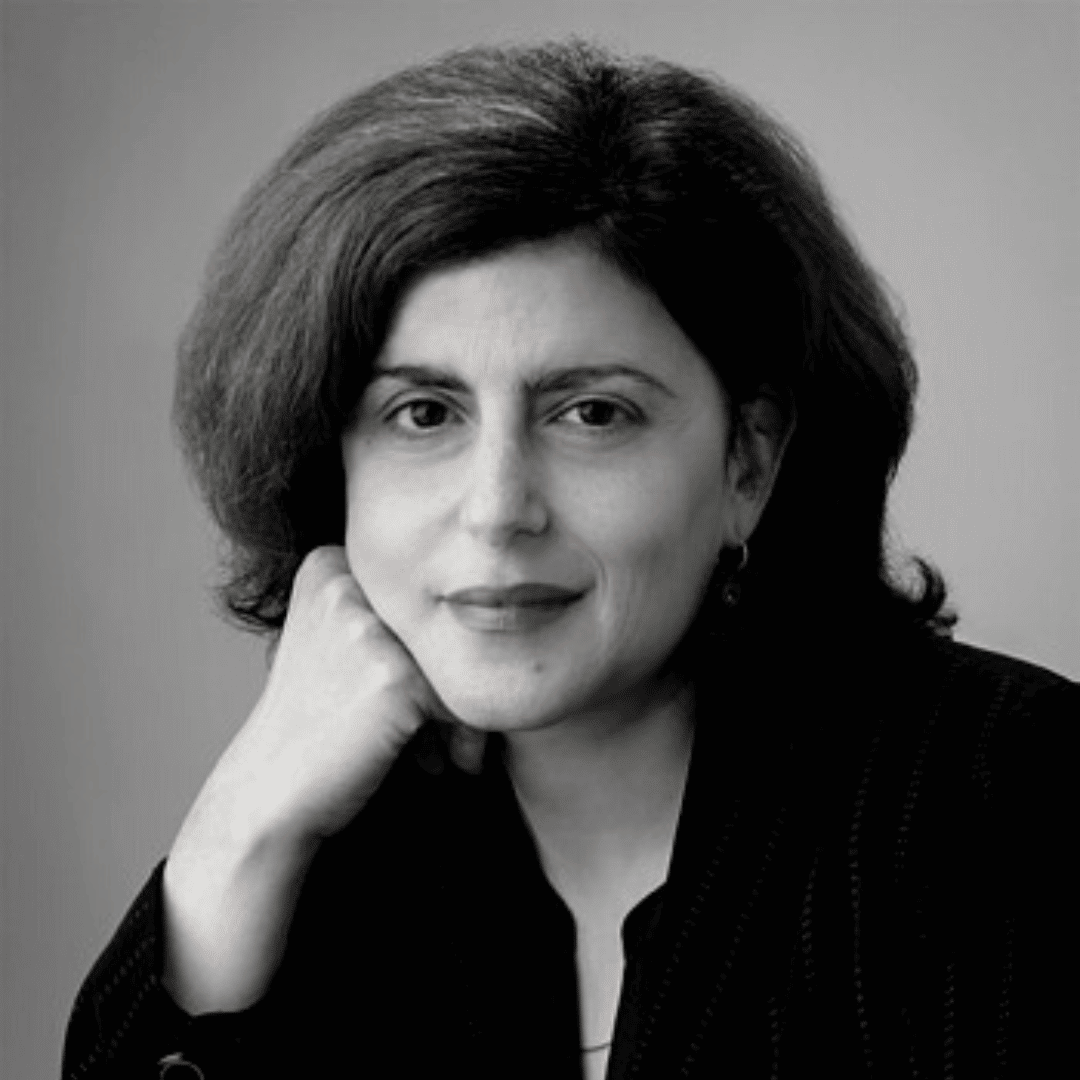
Professional Affiliation
Amal Morcos is the OSI’s Grant Writer. She assists the Development Manager and Development Committee with building and maintaining relationships with grant-making foundations that support the OSI’s mission. Amal is an experienced grant writer who has written grant proposals for a wide variety of nonprofits including museums, medical schools, and hospitals. She began her career as a journalist working for the magazines of Time Inc. and uses her journalism skills of writing, researching, and interviewing to make her grant narratives compelling and persuasive. For several years, she traveled throughout the Middle East and the former Communist Bloc working as a corporate communications officer for international humanitarian aid organizations. Amal has a BS in English and Magazine Journalism from Syracuse University and an MA in Middle Eastern Studies from the American University of Beirut.
Why I’m Here
I first caught the bug for medical research fundraising when I was asked to write a grant proposal for a Yale School of Medicine neuroscientist. He was trying to raise $1 million to fund research that could be groundbreaking in the treatment of several neurological diseases. It was exciting to think that I could make a difference in this neuroscientist’s work simply by doing my part as a grant writer. I was first introduced to osteosarcoma through the OSI and have found the Tichenor’s story, and their beloved son Willie, who died of the disease, particularly inspiring. I believe that the OSI is on the brink of breakthrough science because their model of a virtual research institute that brings the best scientific minds from around the world together makes so much sense. I am both humbled and sobered at the thought that the monies raised through the grant narratives I write will empower these scientists.
Mashale Straker
Finance and Accounting Manager

Professional Affiliation
As the Finance and Accounting Manager for the Osteosarcoma Institute, Mashale’s duties include handling the day-to-day finances for the organization. She will manage payables, receivables, the grant schedule, and prepare periodic financial statements and the annual budget. Mashale also collaborates closely with the Development Department as the OSI continues to grow. Mashale obtained her Bachelor of Science degree in Accounting from Oakwood University in Huntsville, Alabama. She has nearly 12 years of audit and non-profit accounting experience. She previously worked as an Accounting Manager for a charter school management organization in New York City. A native New Yorker, Mashale moved to Dallas in 2022 from the big apple with her miniature poodle Chase.
Why I’m Here
I have always been drawn to organizations with a strong and mission and meaning. For me, working for an institution that benefits others while bringing various communities together turns a job into a passion. The OSI’s mission also hits close to home as I have personally seen the devastating effects pediatric cancer can have on a family. After meeting the team at the Osteosarcoma Institute, it was clear me that they embody the mission and are thoroughly invested in seeing it succeed. I feel motivated to do my part to helping the OSI find better treatment options for patients with osteosarcoma.
Heather Wilson-Robles, DVM
Commitee Member
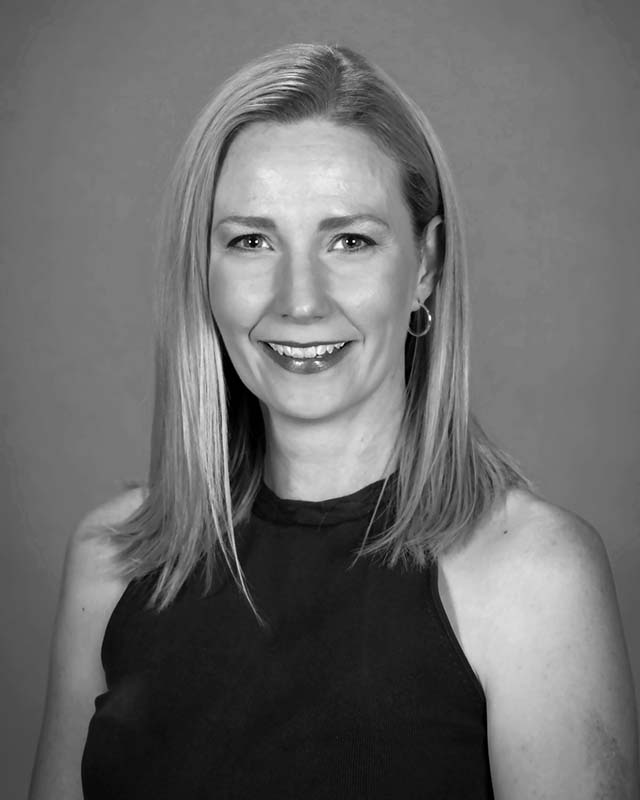
Professional Affiliation
Why I’m Here
My first introduction to osteosarcoma was in second grade when my friend was diagnosed with this devastating disease. Though he never lost heart, he succumbed to the disease 2 years later. Even as a child, I could appreciate the devastation this disease reaped on his family, his friends, and our school. In my professional career, I have been highly motivated to study the dog as a reliable model of osteosarcoma in humans. My hope is to learn as much as possible about mechanisms of osteosarcoma metastasis so that we can eradicate this disease in both species.
Yang Xie, PhD
Commitee Member
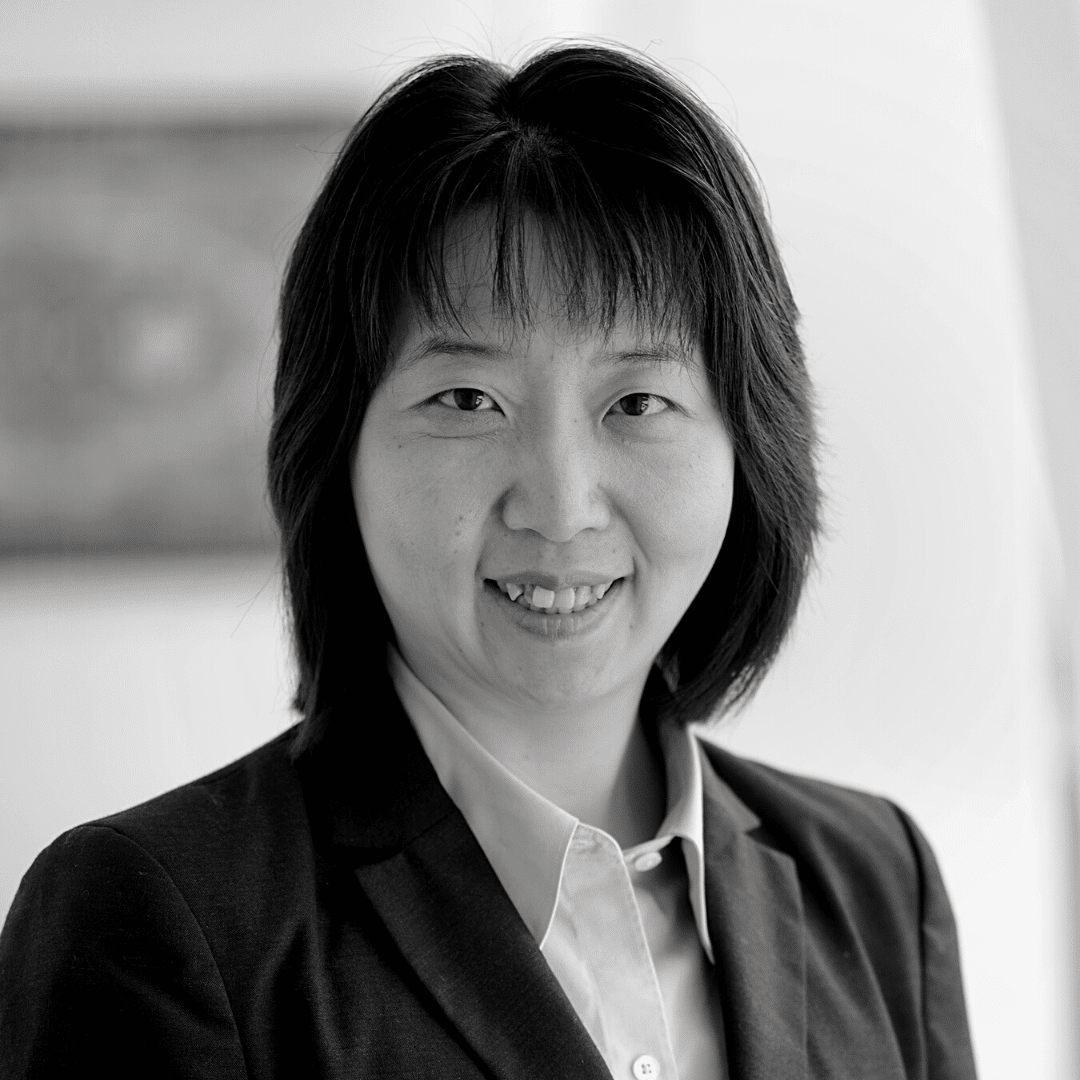
Professional Affiliation
Why I’m Here
Ryan Roberts, MD, PhD
Strategic Advisory Board, Member
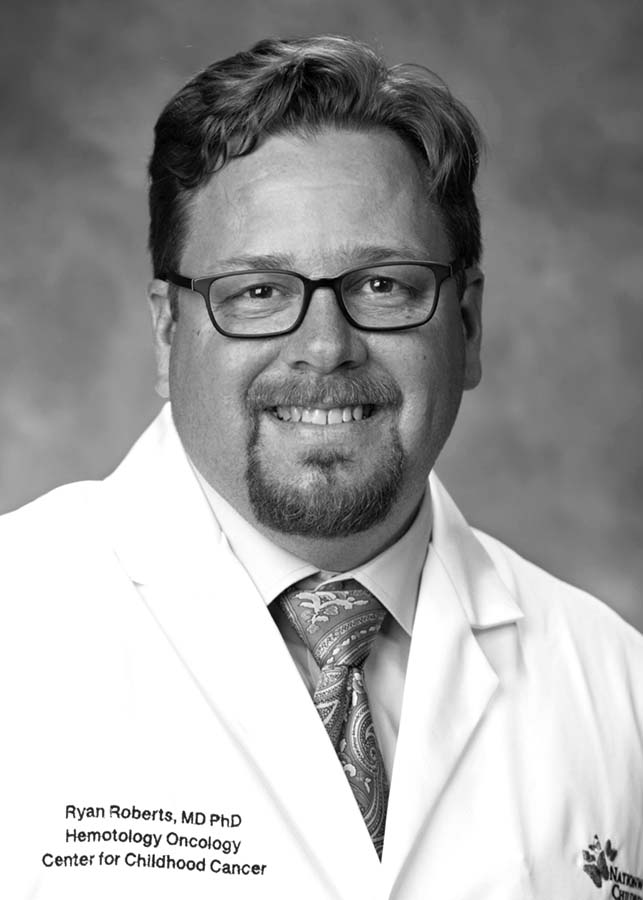
Professional Affiliation
Ryan Roberts, MD, PhD, is a physician in the Division of Hematology, Oncology and Blood and Marrow Transplant at Nationwide Children’s Hospital and a principal investigator in the Center for Childhood Cancer and Blood Diseases at the Abigail Wexner Research Institute at Nationwide Children’s. Dr. Roberts is an assistant professor of pediatrics and a member of the Translational Therapeutics research program at The Ohio State University Comprehensive Cancer Center – Arthur G. James Cancer Hospital and Richard J. Solove Research Institute. He is a graduate of the Medical Scientist Training Program at The Ohio State University College of Medicine. He completed his residency in pediatrics and a Pediatric Hematology, Oncology and Bone Marrow Transplant fellowship at Nationwide Children’s. A physician-scientist, Dr. Roberts specializes in treating childhood sarcomas. He has led the Osteosarcoma Biology Committee of the Children’s Oncology Group since 2020.
The Roberts laboratory studies the processes that lead to metastasis in osteosarcoma and other pediatric solid tumors. Using murine models of metastasis, tumor-on-lung organoid systems, single-cell analytical systems, and conventional cell biology, his team has identified tumor-host signaling interactions critical to metastasis development in the lung. Their discoveries show that disseminated tumor cells exhibiting divergent phenotypes and can cooperate to manipulate the behavior of lung tissues in ways that facilitate the establishment and growth of metastatic lesions. Active research projects include pre-clinical validation of candidate therapies, elucidation of tumor-lung signaling pathways that drive metastasis in osteosarcoma, and identification of ways in which tumor cells cooperate with each other to drive malignant progression. The Roberts lab has developed close relationships with pediatric and veterinary clinicians and sees great potential in accelerating the development of novel therapeutics through coordinated investigation in dogs and children suffering from osteosarcoma.
Why I’m Here
Beginning with an idea first articulated in a fellowship proposal funded by the QuadW Foundation, I have grown a successful research program that focuses almost exclusively on understanding the mechanisms that drive osteosarcoma metastasis. This work has been scientifically interesting and intellectually fulfilling. But, it all becomes real when I sit down with a patient to discuss what is a frustratingly short, embarrassingly ineffective, and unacceptably toxic list of treatment options that I can currently offer. It becomes even more real when I attend a kid’s funeral—something I do far too often. We must do better, and this motivates me. Ending the suffering caused by osteosarcoma has become my professional (and sometimes personal) calling.
Corrie Painter, PhD
Commitee Member
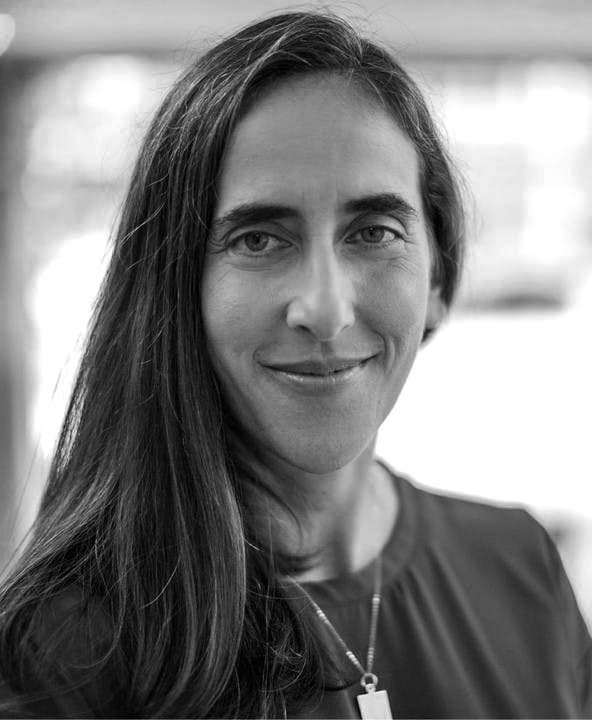
Professional Affiliation
Corrie Painter is the Deputy Director of Count Me In and is a research scientist at the Broad Institute of MIT and Harvard. A trained cancer researcher with a Ph.D. in biochemistry, she completed her postdoctoral work in cancer immunology, focusing on melanoma. In 2010, Painter was diagnosed with angiosarcoma. She has combined her cancer advocacy and scientific background to engage with patients in order to build and carry out patient-partnered genomics studies with a focus in angiosarcoma, osteosarcoma and leiomyosarcoma. She is also the co-founder of Angiosarcoma Awareness Inc.
Why I’m Here
As a cancer research scientist and as a sarcoma patient, I understand many facets of the tremendous unmet needs across the spectrum of rare cancers. Having built and launched the Osteosarcoma Project as part of the Count Me In initiative, I have worked closely with scientists, clinicians, patients and caregivers in the osteosarcoma community and am dedicated to helping usher in better therapies to the best of my capability.
Brian Crompton, MD
Strategic Advisory Board, Member

Professional Affiliation
Brian Crompton, MD is a pediatric oncologist and Research Co-Director of the Solid Tumor Center at Dana-Farber/Boston Children’s Cancer and Blood Disorders Center. He is also an Assistant Professor in Pediatrics at Harvard Medical School. His research focuses on utilizing genomic and proteomic technologies to identify and validate new therapeutic targets for pediatric solid tumors and to develop non-invasive biomarkers of treatment response and resistance in these diseases. He and his team have recently developed a new approach to study tumor genomics through liquid biopsy technologies including the profiling of circulating tumor DNA (ctDNA) and circulating tumor cells in blood samples of patients with pediatric solid tumors. Dr. Crompton is also engaged in national efforts to study the biology of osteosarcoma through the Children’s Oncology Group (COG) studies and through patient-led research initiatives including the Count Me In project.
Why I’m Here
As a pediatric oncologist who also cares for patients with cancer predisposition syndromes, I am deeply committed to improving outcomes for patients with osteosarcoma. During my pediatric residency training, I was fortunate to work with Drs. Robert Goldsby and Arthur Ablin on a review of outcomes for patients with metastatic osteosarcoma over multiple decades of care at the University of San Francisco, California. We found that very few patients survived, and that the length of outcomes were tied to how often patients could tolerate repeated resections of metastatic tumors. Although this outcome did not surprise established pediatric oncologists, it was a stunning and sickening revelation to someone aspiring to join the field. Later, during my oncology fellowship training, I cared for a young man with osteosarcoma who eventually died from leukemia, a side effect of his treatment. It was only after we had completed his initial treatment of osteosarcoma, that we discovered that his family had Li-Fraumeni syndrome (LFS), a serious cancer risk syndrome associated with a very high lifetime risk of cancer and association with a high risk of osteosarcoma during childhood. Others in his family eventually died from cancer as well, including a close family member who was also treated and died from osteosarcoma. It was a devastating outcome that we were powerless to prevent. Based on these experiences, I knew that osteosarcoma had to be a focus of my laboratory research as a physician scientist. As an OSI Committee Chair and Member, I hope to have a broader impact on advancing the mission to find a cure for osteosarcoma in the near future.
Lara E. Davis, MD
Strategic Advisory Board, Member

Professional Affiliation
Why I’m Here
Robert Sanchez
Operations and Development Assistant
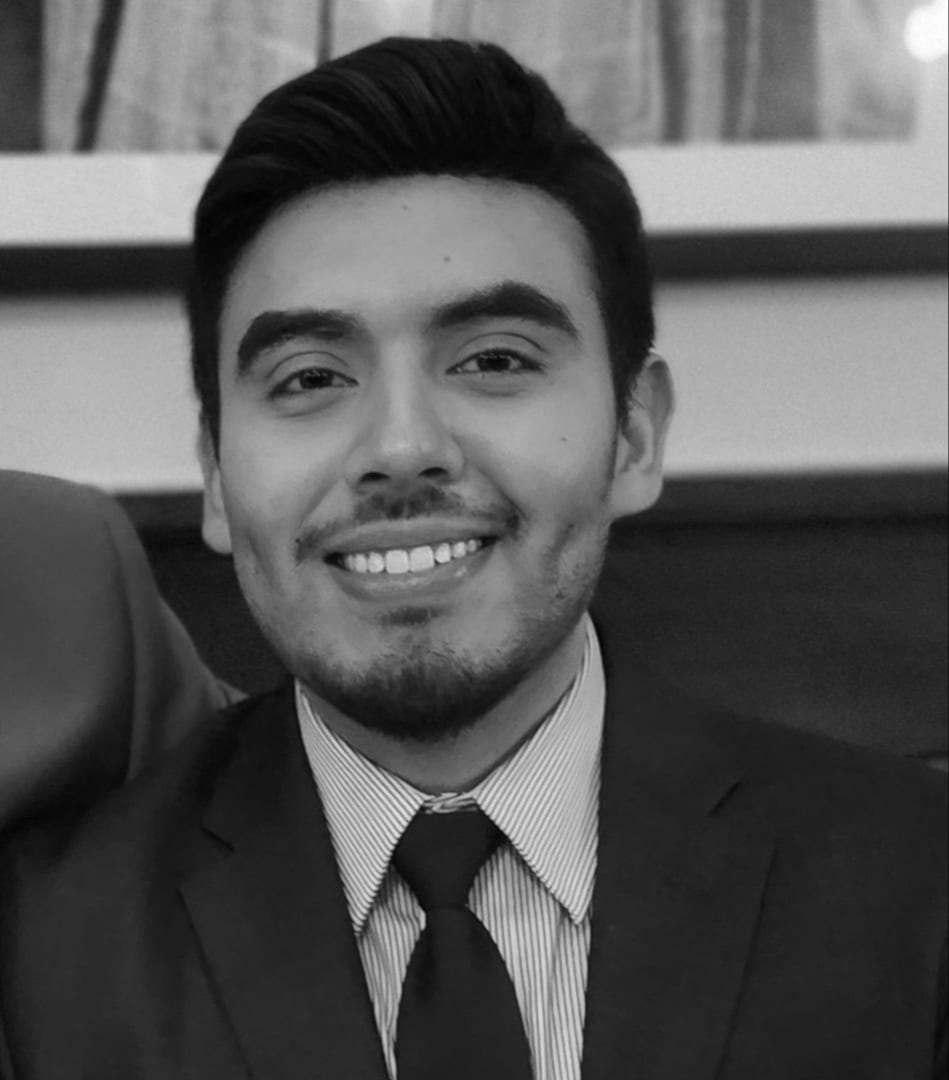
Professional Affiliation
A proud native of Dallas, TX, Robert serves as the Operations and Development Assistant at the OSI. He currently supports the Director of Operations in day-to-day activities to contribute to the overall success of the institute’s operations. Robert has extensive experience in various administrative and medical roles within the healthcare sector ranging from direct patient care, data management, and clinical trial research and support. Robert also assists the Director of Development with donation processing and creating efficiencies for the Development Department. Robert received his Associates of Science degree with honors from Dallas College in December 2022 and is currently completing his Digital Marketing and Microsoft 365 Fundamentals Certificates.
Why I’m Here
My journey of understanding osteosarcoma began through personal research, driven by a desire to comprehend the complexities of this condition affecting individuals and their families. During this journey, I discovered the Osteosarcoma Institute and was captivated by their unwavering commitment to research, support, and advocacy as it aligns with my passion for making an impact on health-related causes. As an Operations and Development Assistant, I aspire to bring my organizational skills and efficiency to ensure the OSI can dedicate more resources to groundbreaking research and support for those affected by osteosarcoma. Through my role I will support the OSI’s mission to make a difference and meaningfully enhance support for those affected by osteosarcoma.
Rachel Mau
Events & Scientific Programs Coordinator

Professional Affiliation
As the Events & Scientific Programs Coordinator at the Osteosarcoma Institute, Rachel serves as a vital link between the organization’s development and research initiatives. Rachel oversees the coordination of fundraising events and campaigns, manages communications, leads planning efforts, and represents the OSI at events to broaden community outreach. She supports data-informed strategy by maintaining accurate donor records and evaluating results to enhance future engagement efforts. She also assists in planning and executing scientific meetings focused on osteosarcoma, supports the development of program materials and scientific reports, and works with the finance team to manage program logistics. Rachel earned her Bachelor of Arts with a dual major in Human Communication and Theatre from Trinity University in San Antonio, Texas. With a background in donor relations, event coordination, and intercultural communication, she brings a thoughtful, people-centered approach to her work. Originally from Alabama and Hawai’i, Rachel enjoys traveling to explore diverse cultures—and carries that perspective into her work, helping raise awareness of osteosarcoma wherever she goes.
Why I’m Here
My passion for mission-driven work began while working at a cultural nonprofit in Hawai’i, where I saw firsthand how purposeful organizations can create real, lasting impacts in the communities they serve. After learning more about osteosarcoma and its devastating effects, I was heartbroken to discover that my beloved fourth-grade teacher had suffered from this disease. Her story, along with those of many others, inspired me to take action and pursue philanthropic work aimed at both creating hope and driving change. As the Events & Scientific Programs Coordinator, I am proud to be part of a team dedicated to advancing scientific research and supporting individuals, families, and communities affected by osteosarcoma. I wholeheartedly believe in the OSI’s mission to increase treatment options and survival rates, and I am committed to contributing to efforts that bring us closer to a cure.
